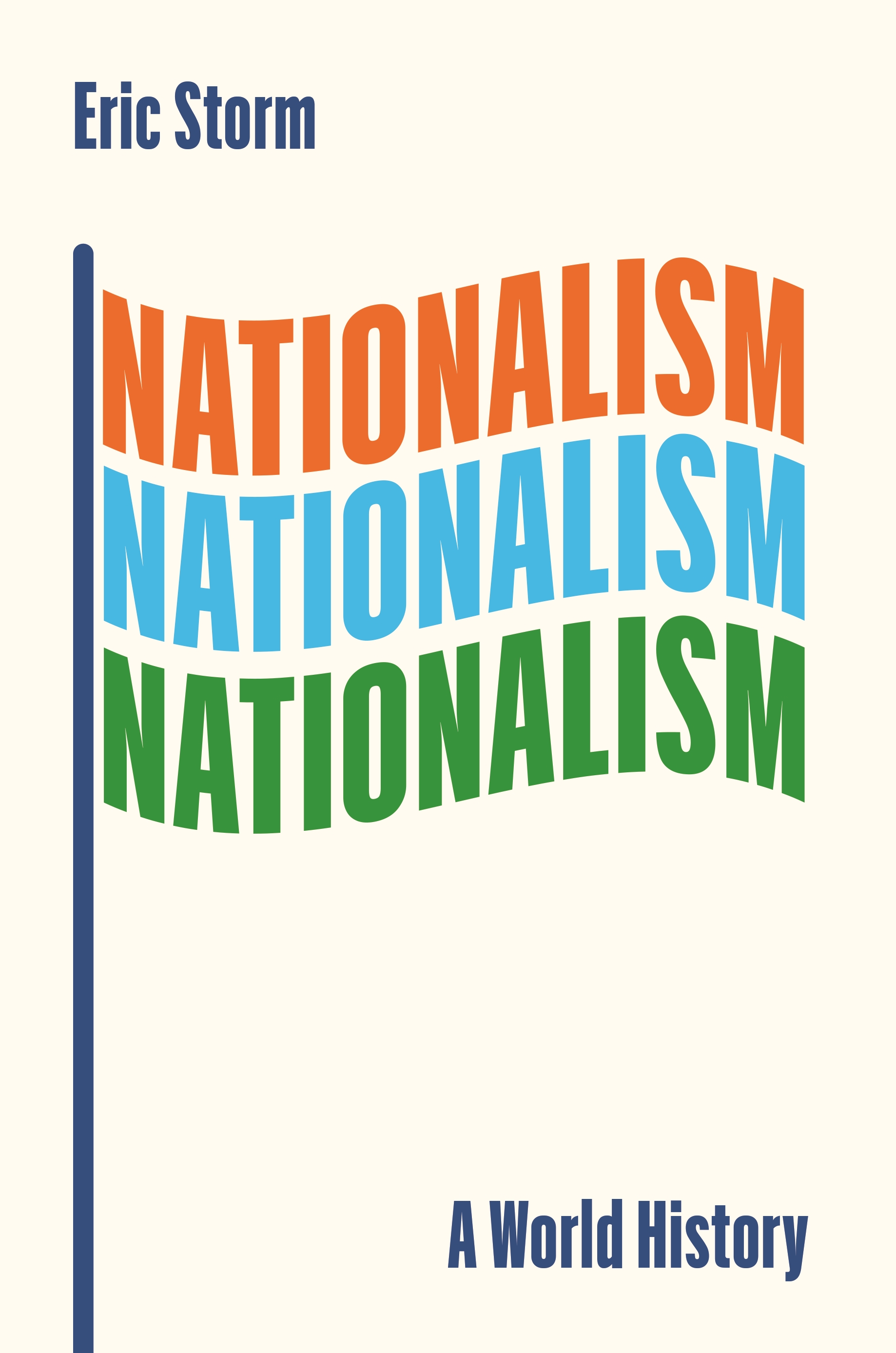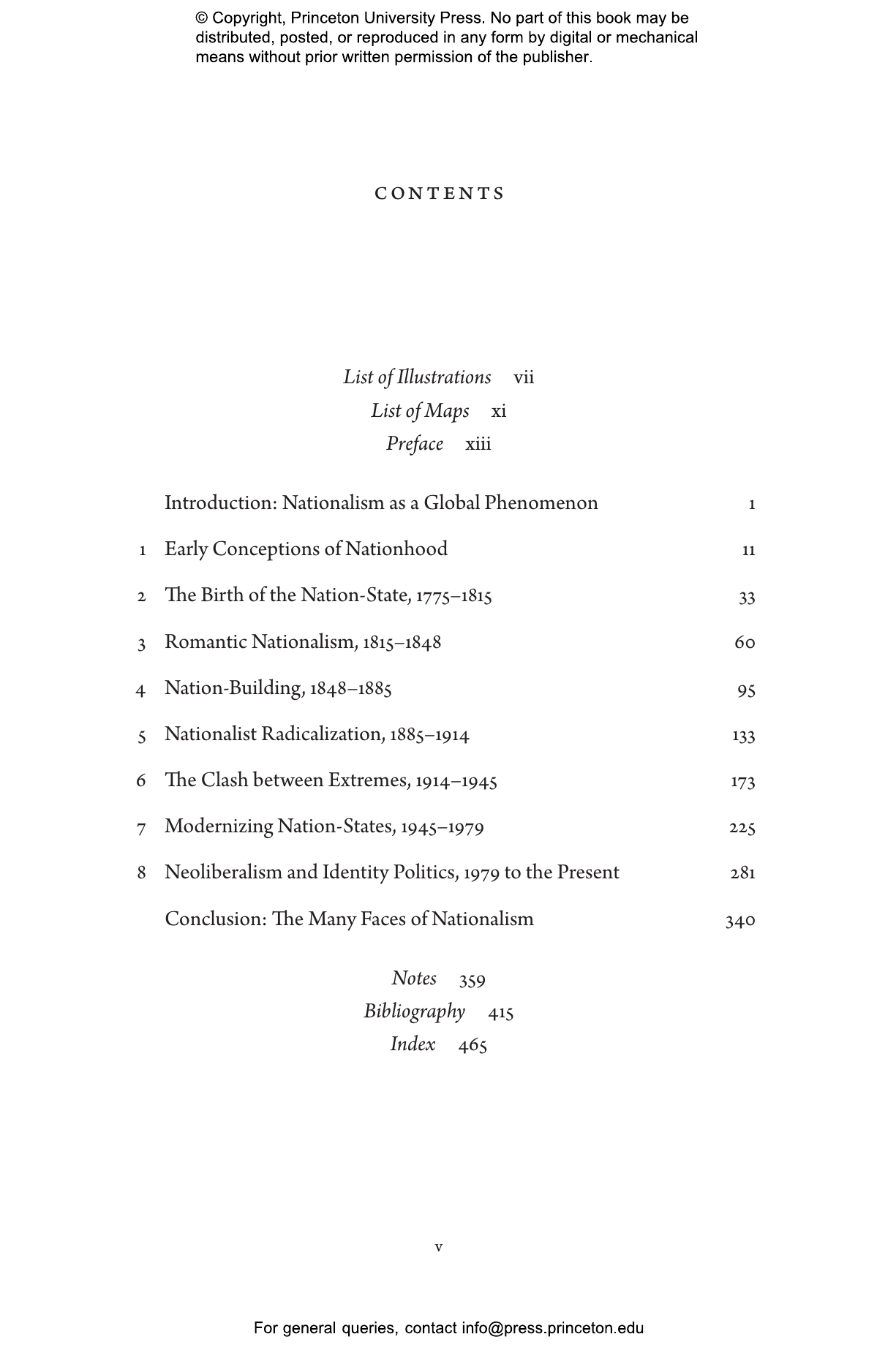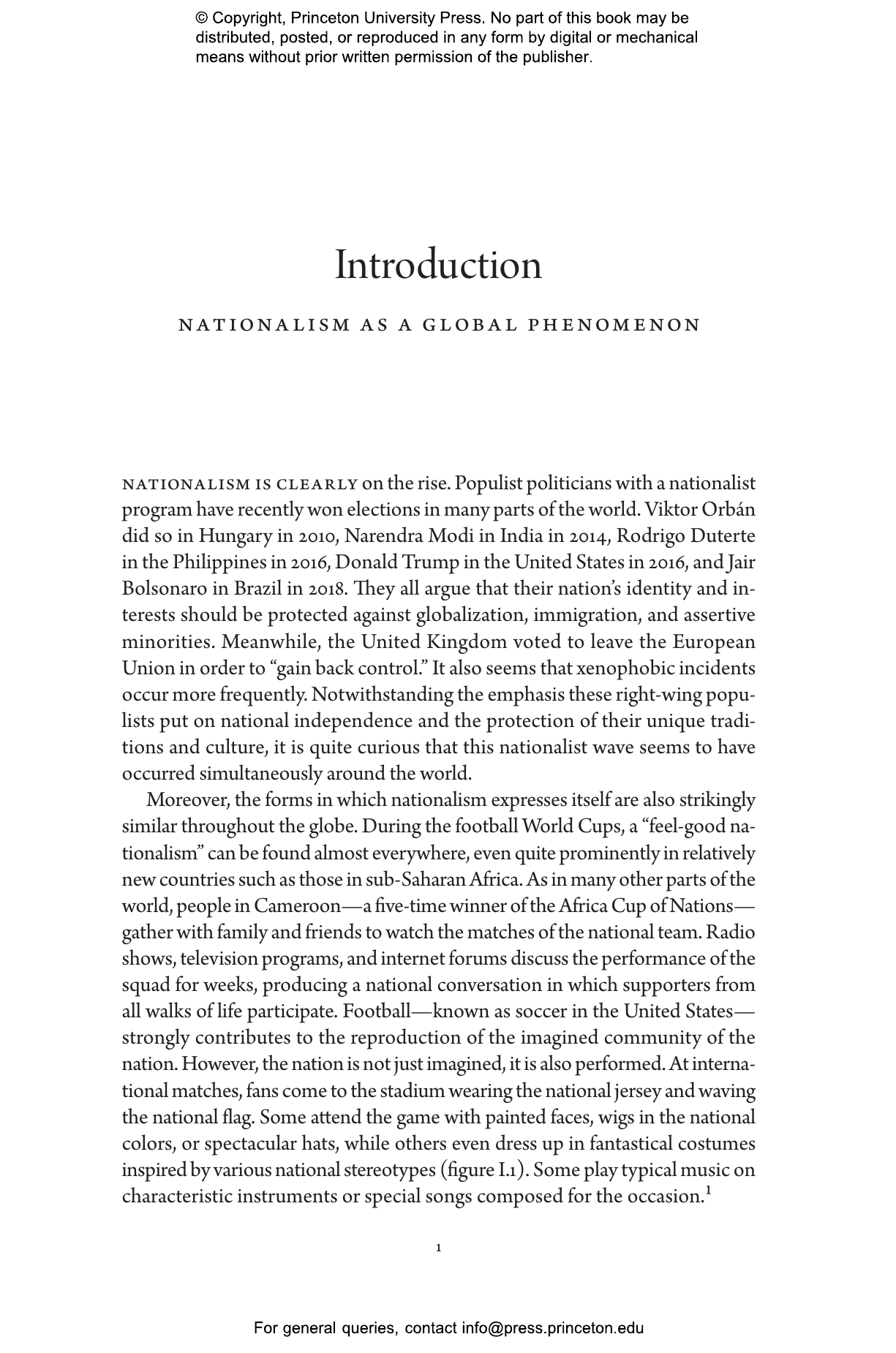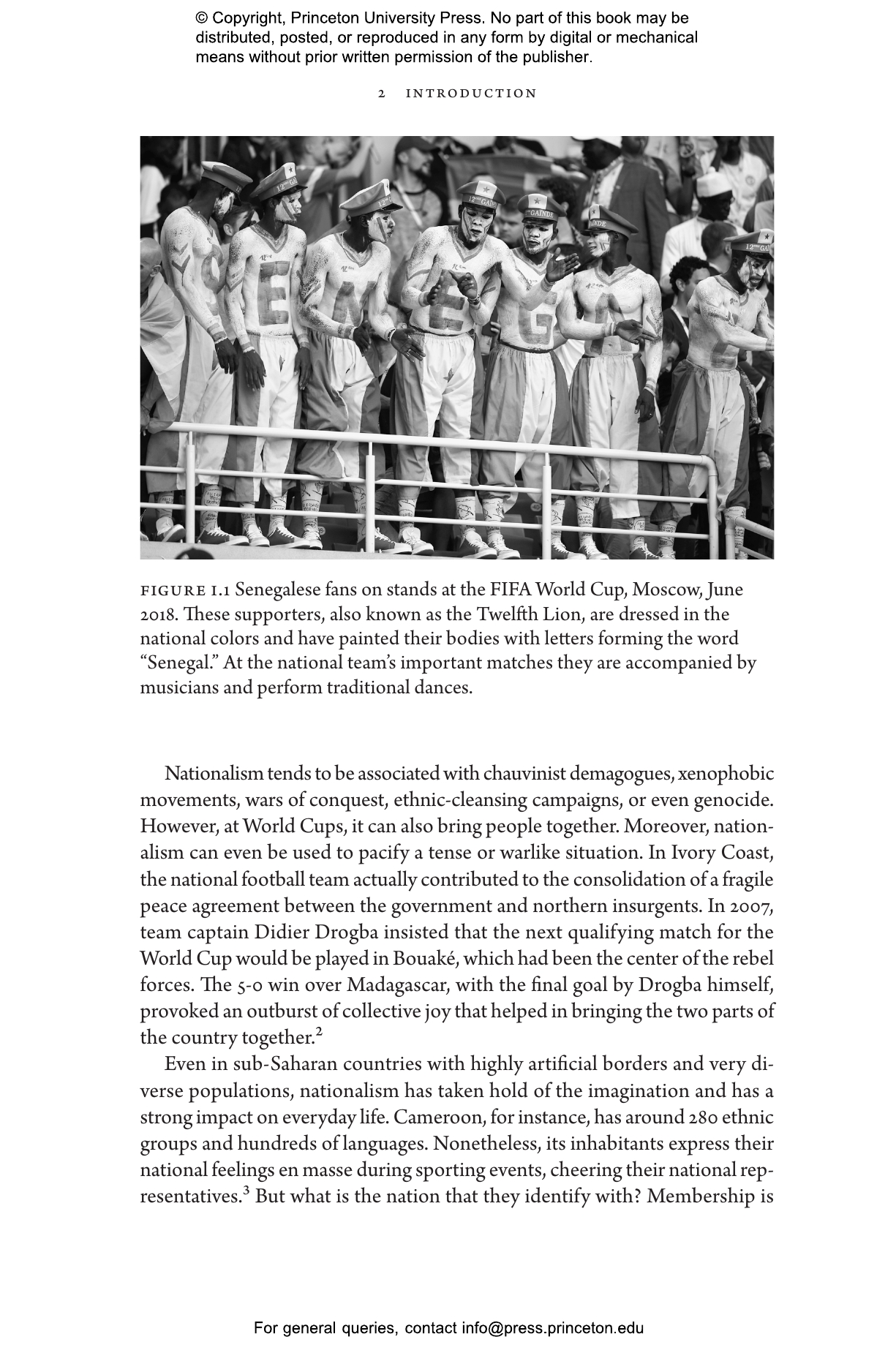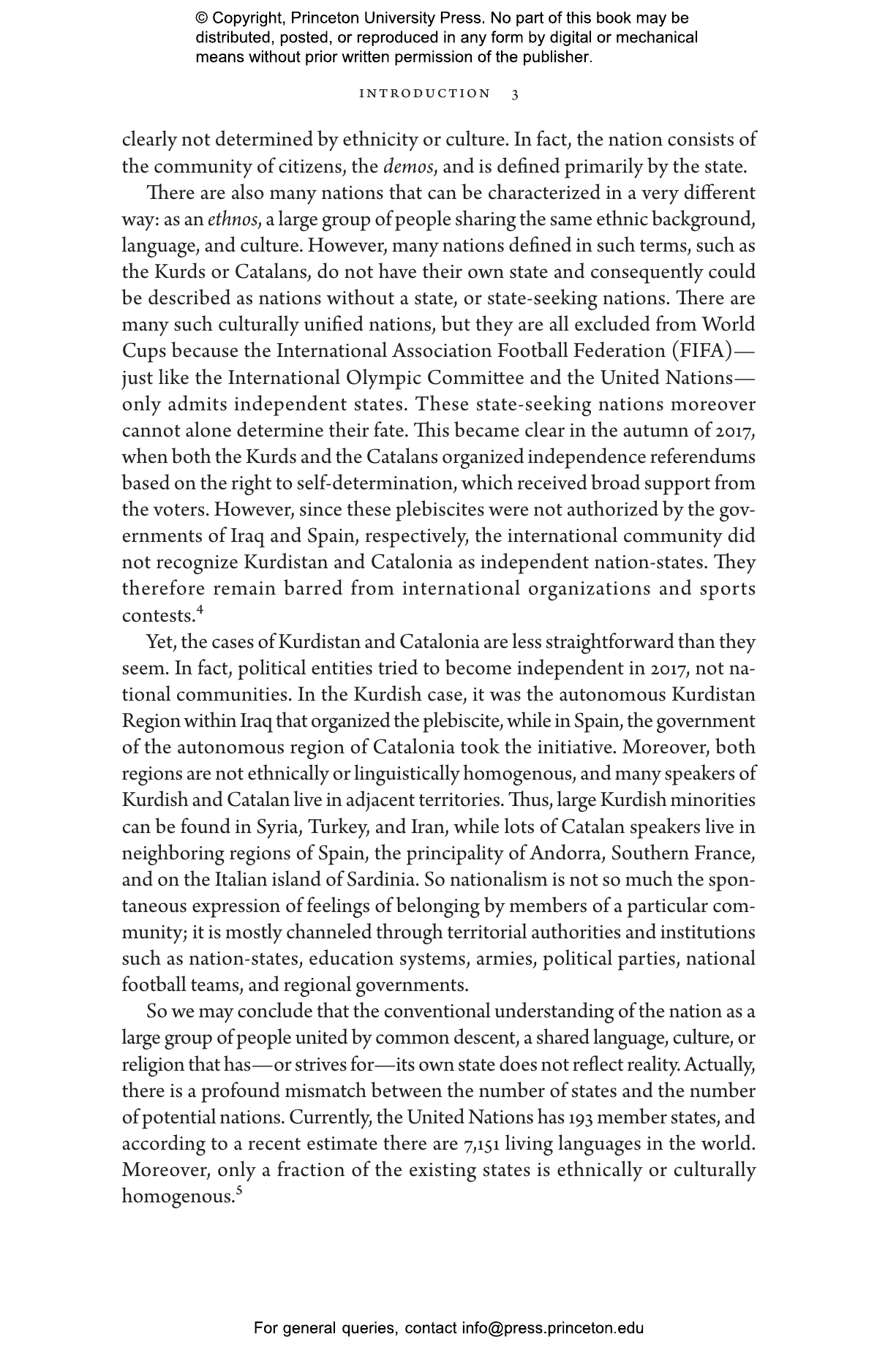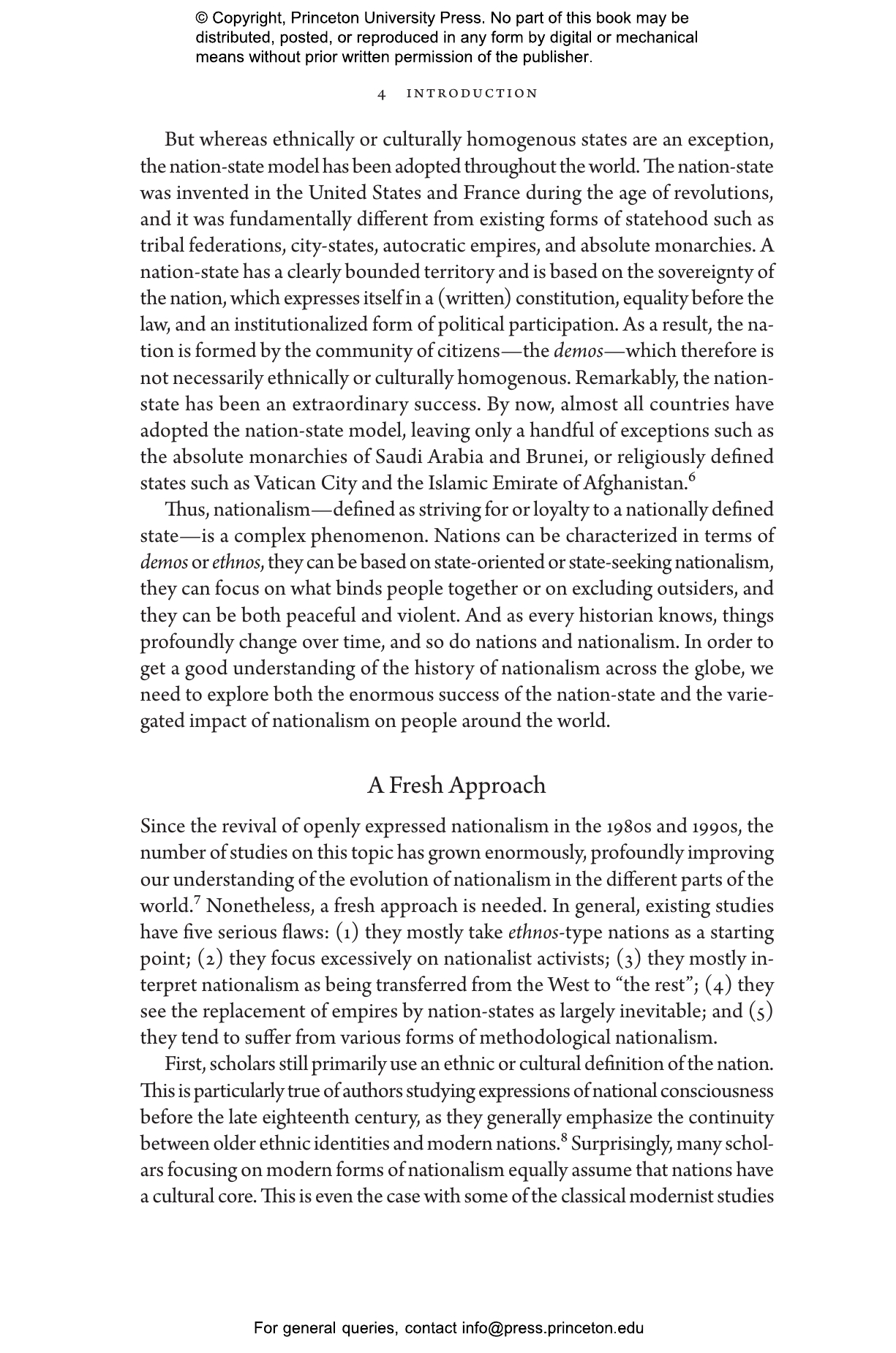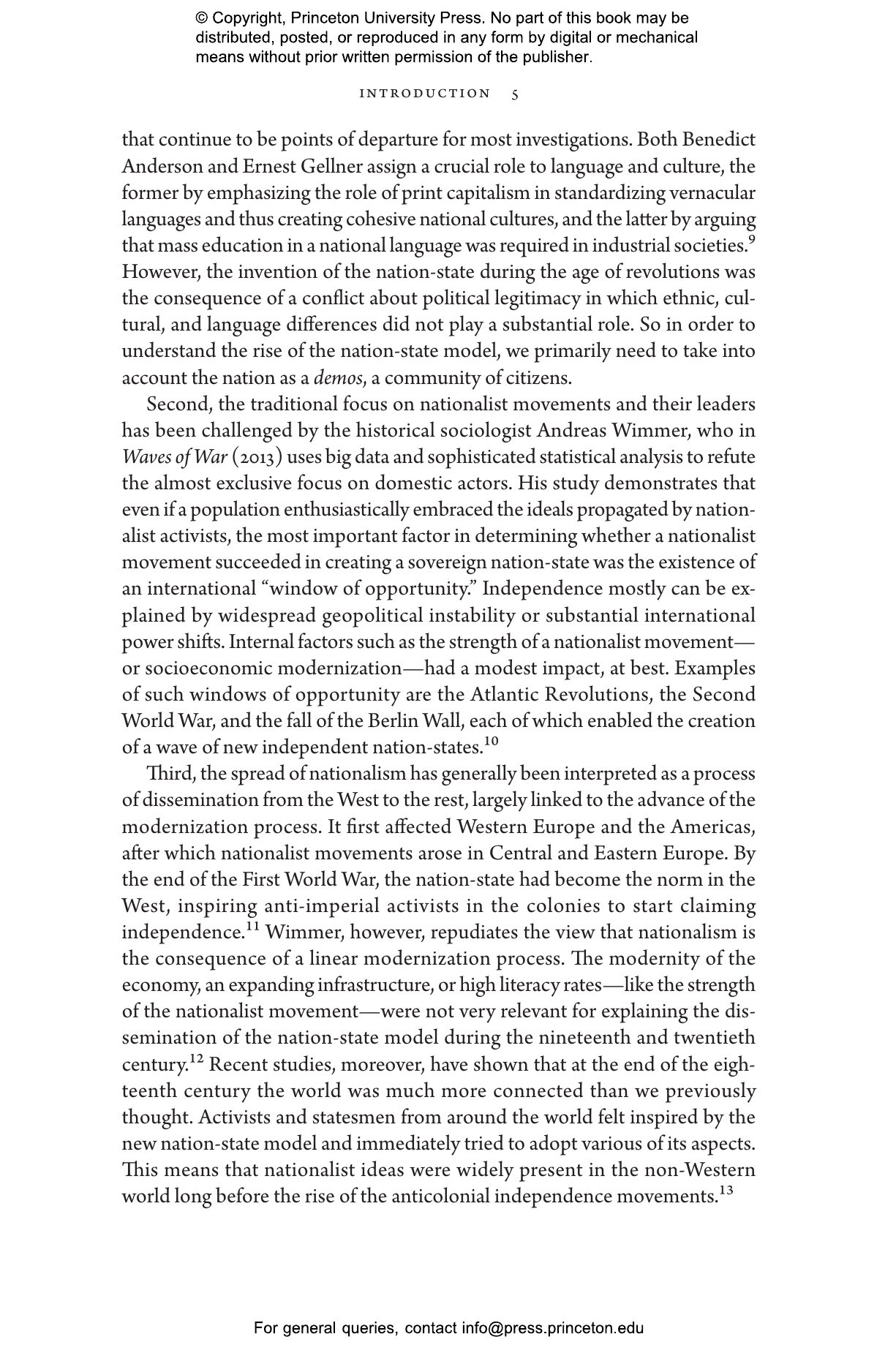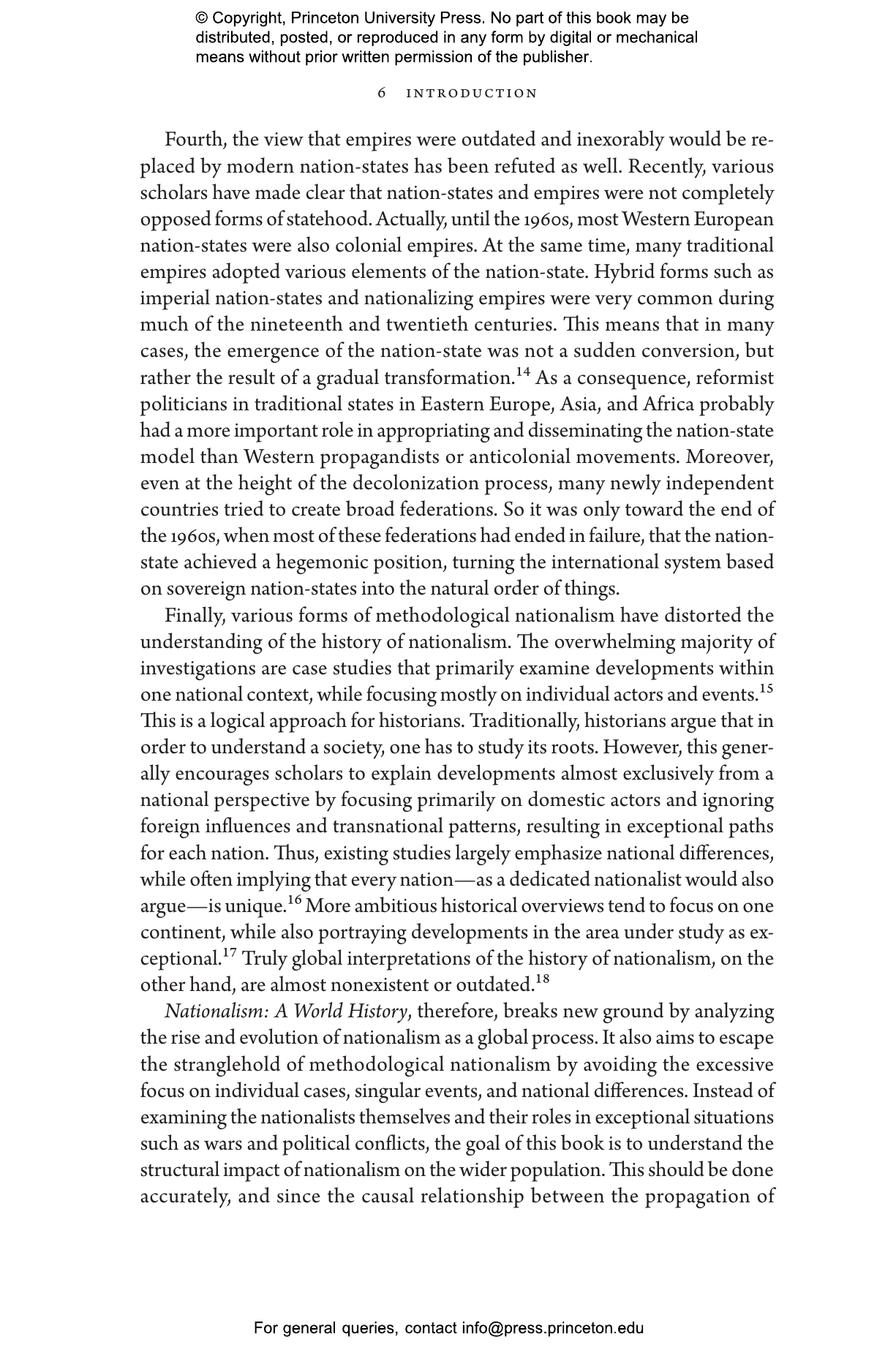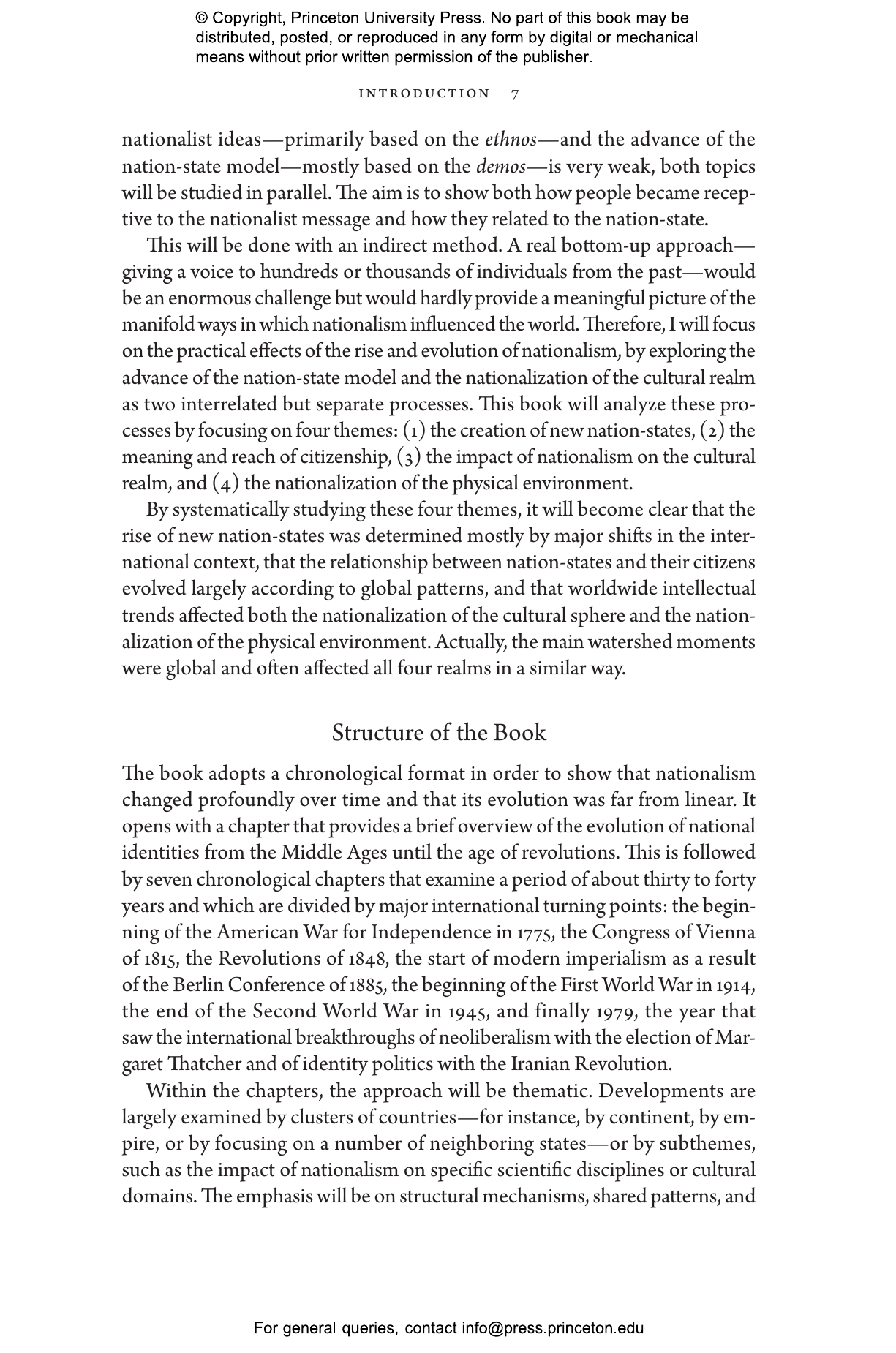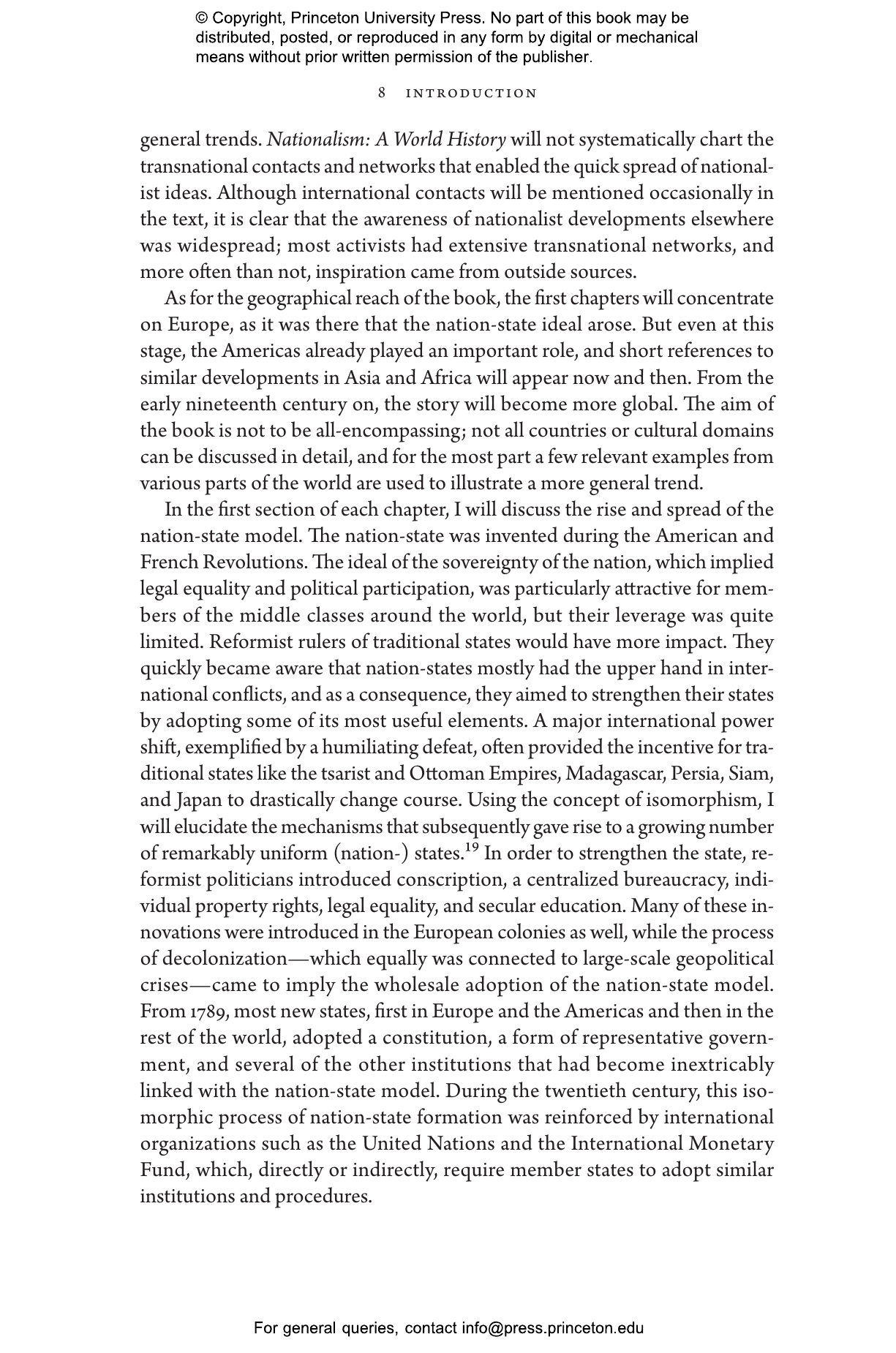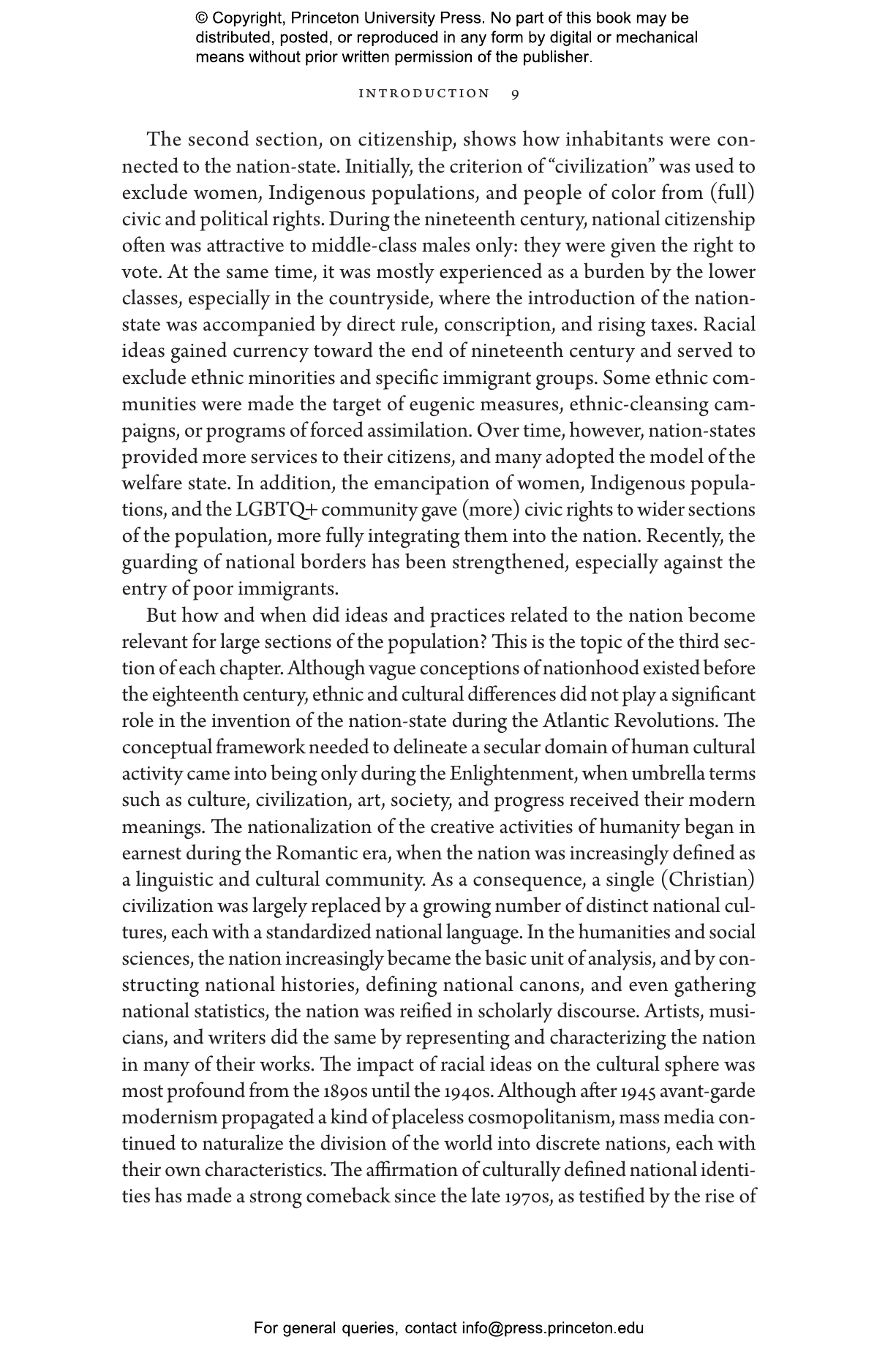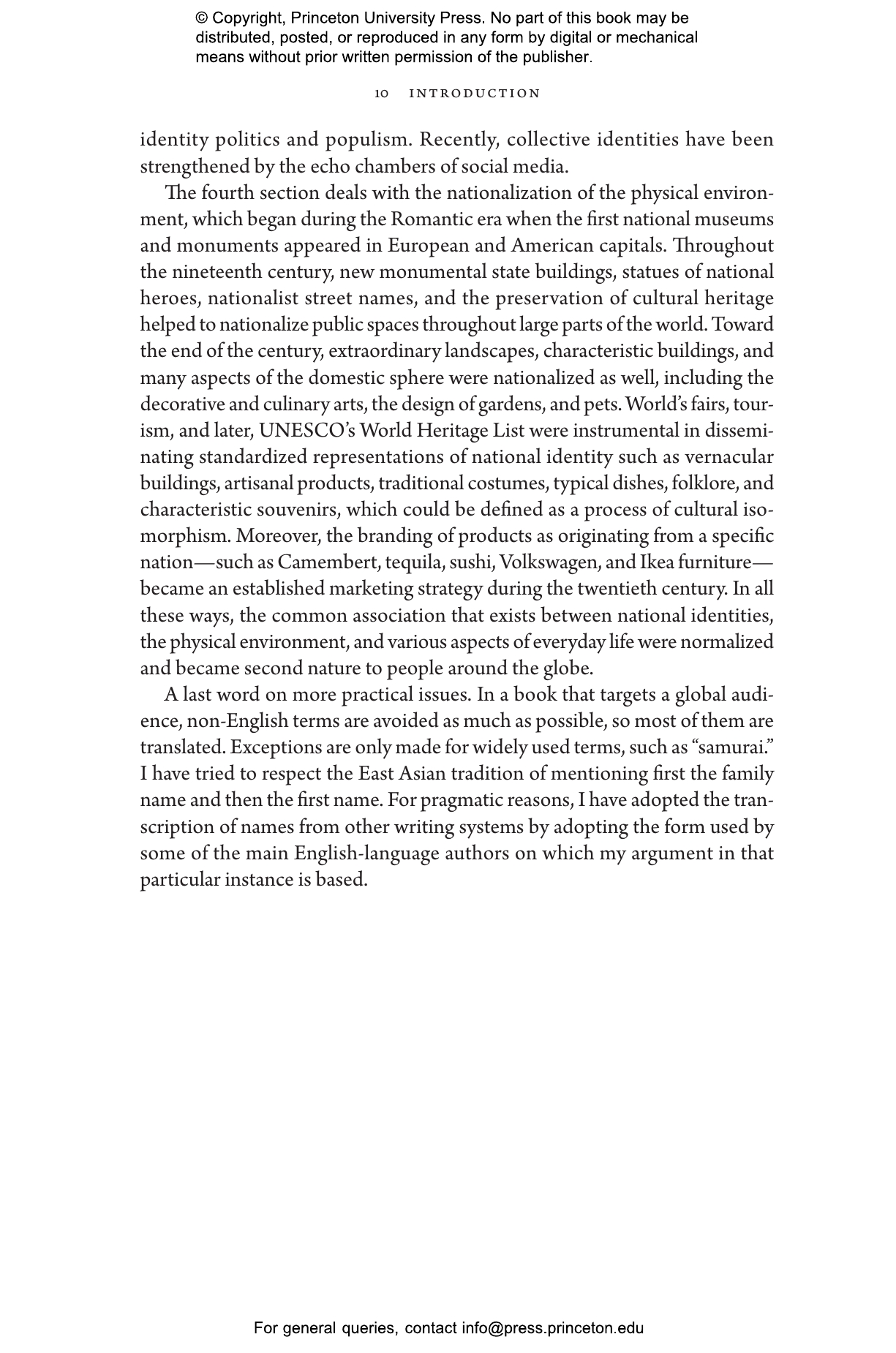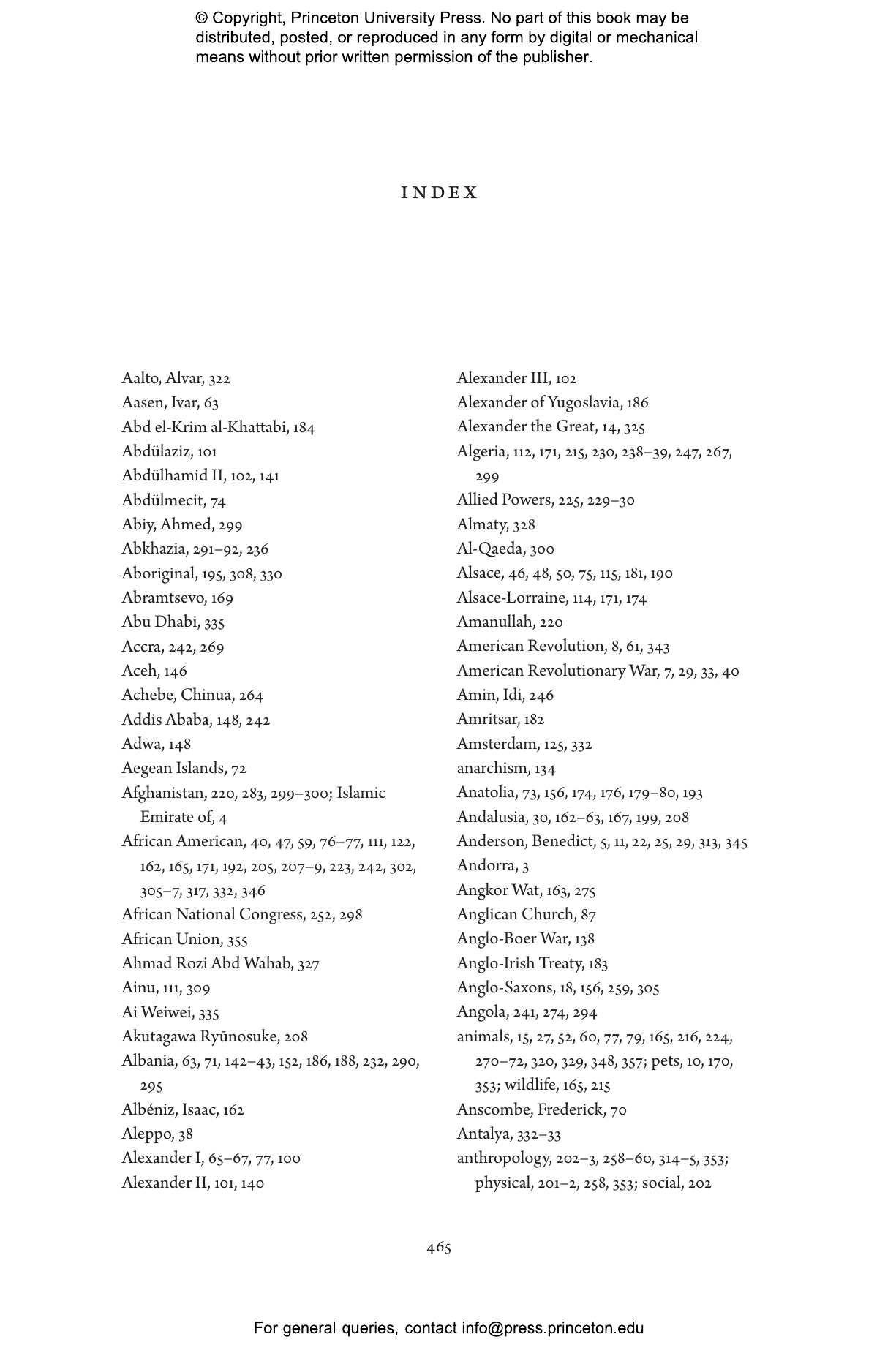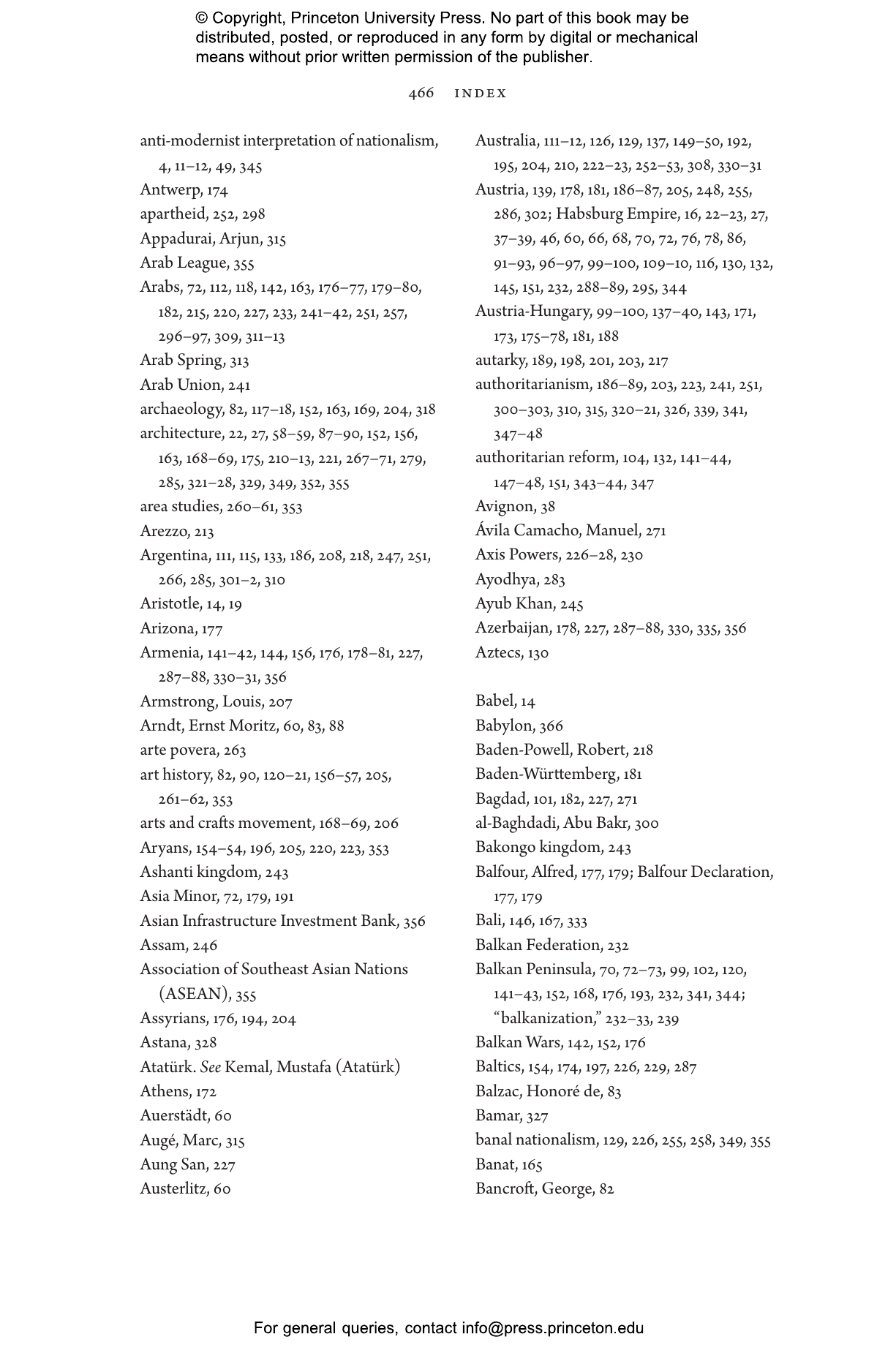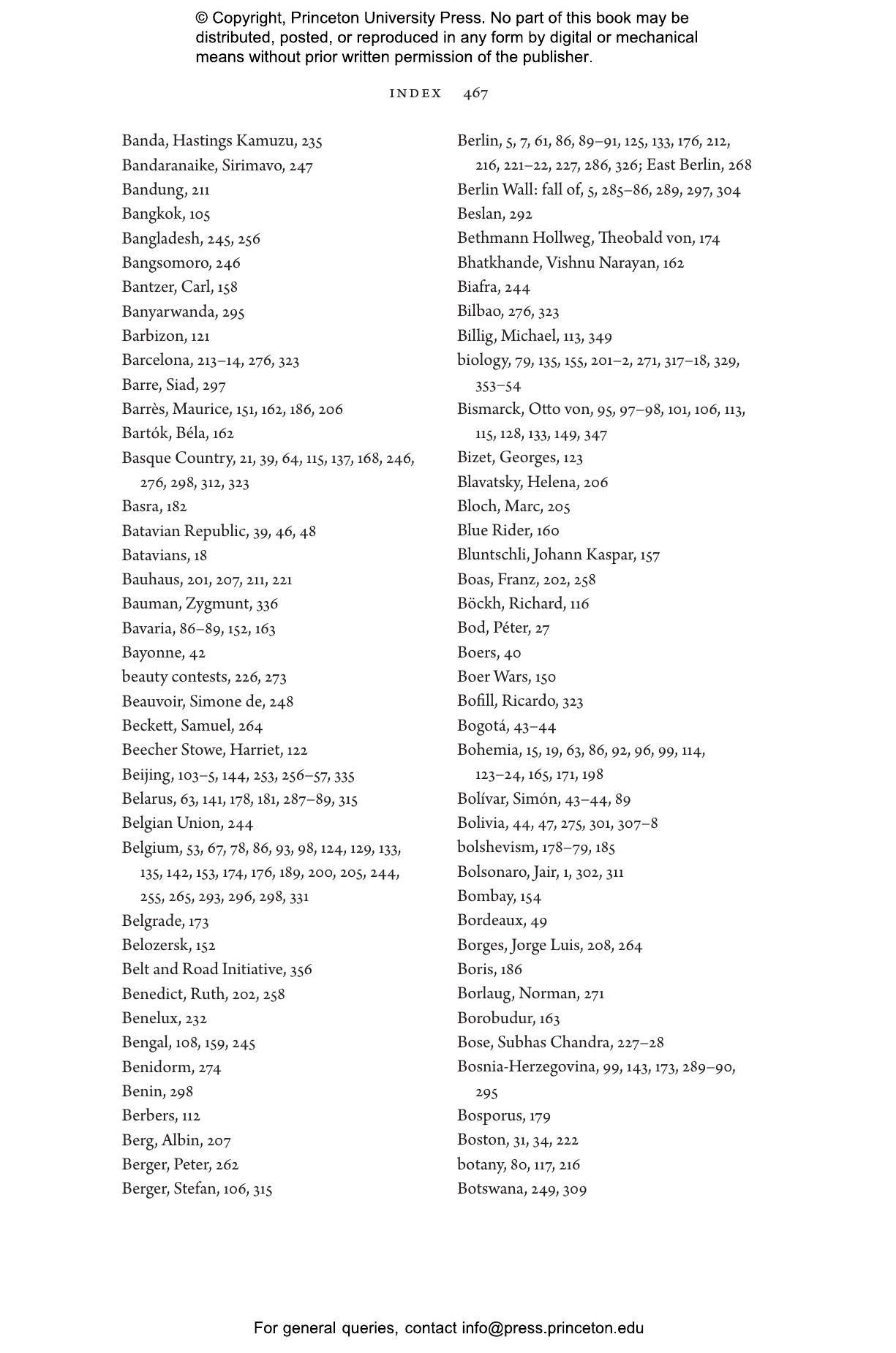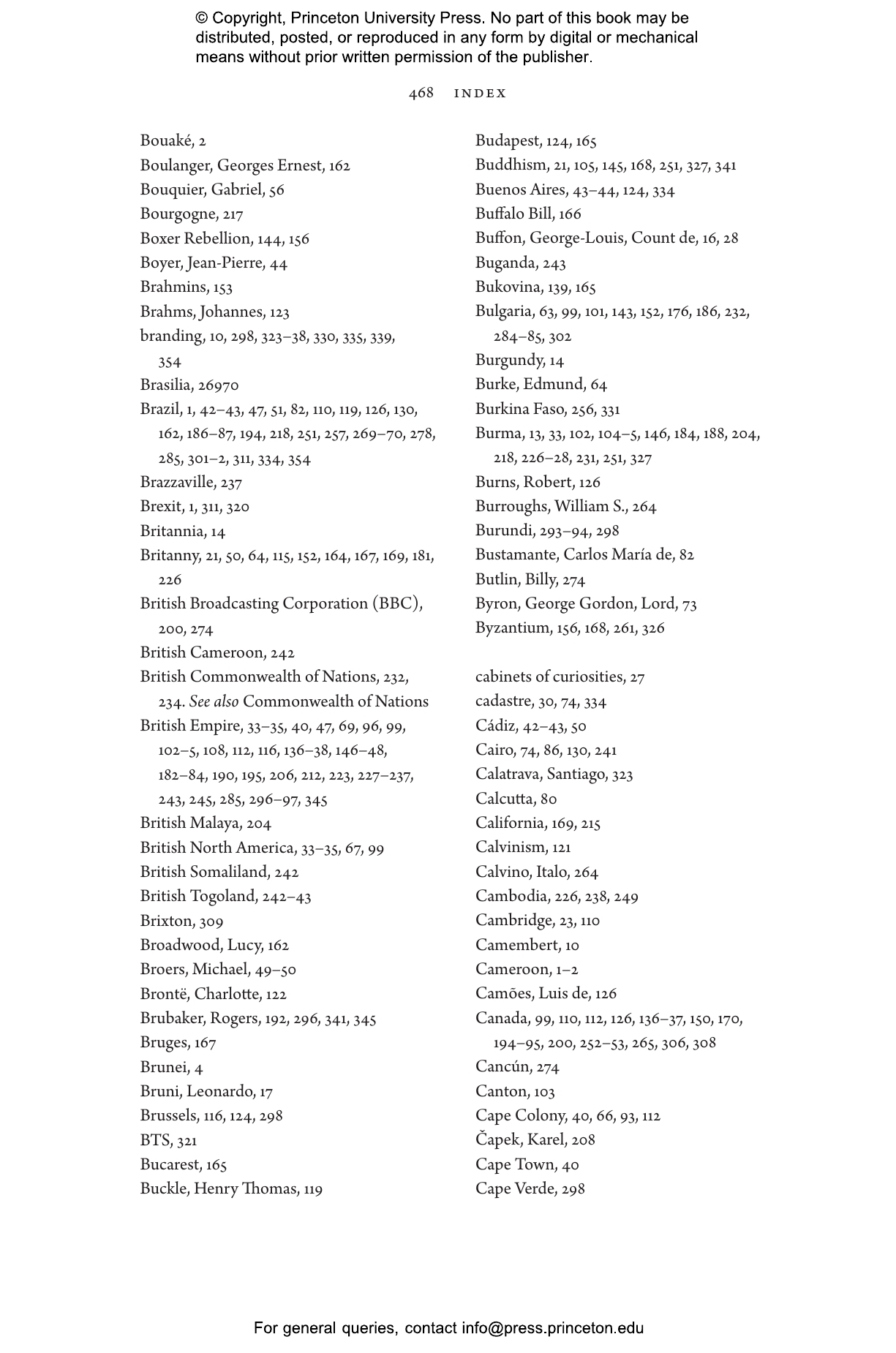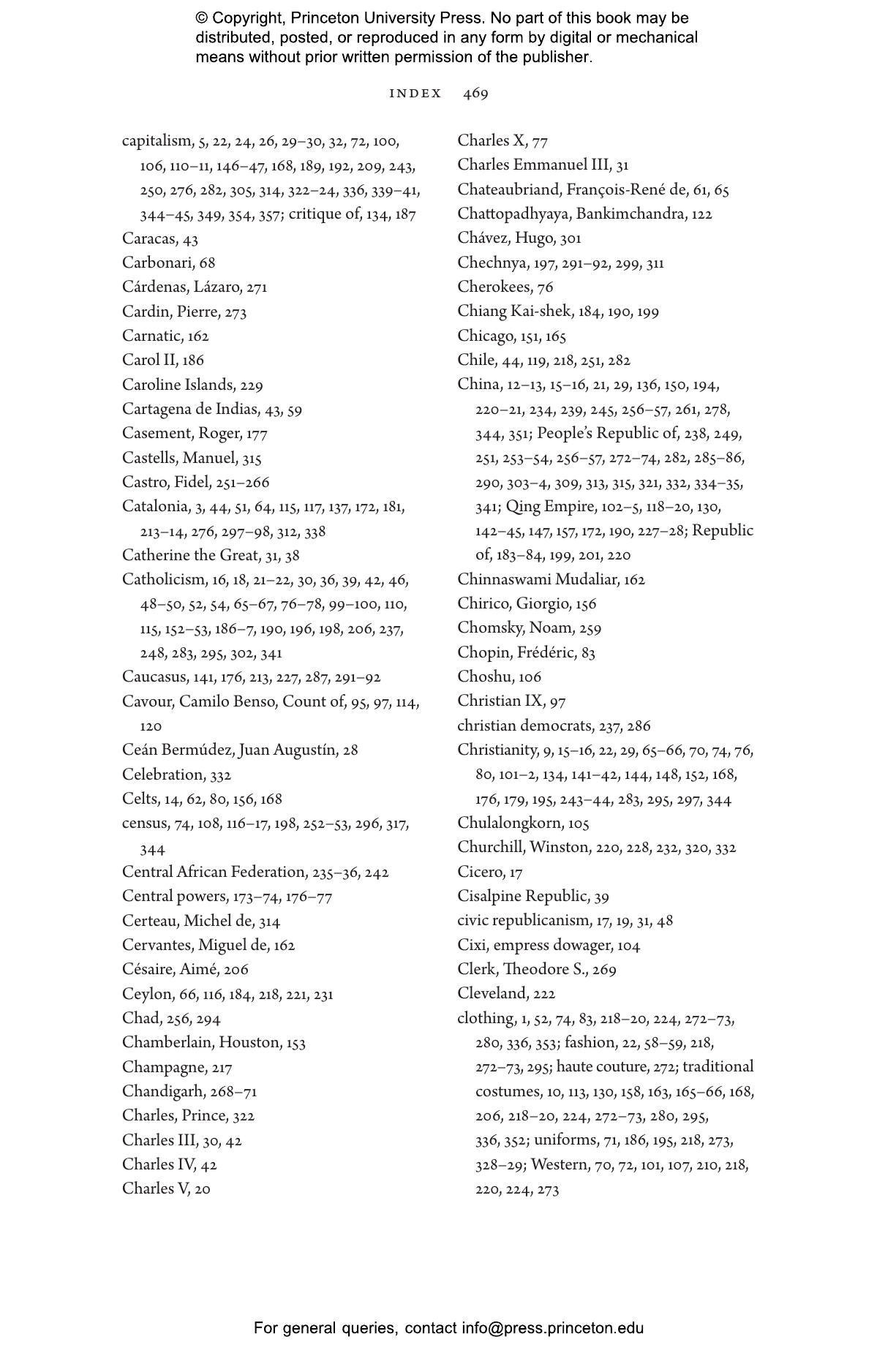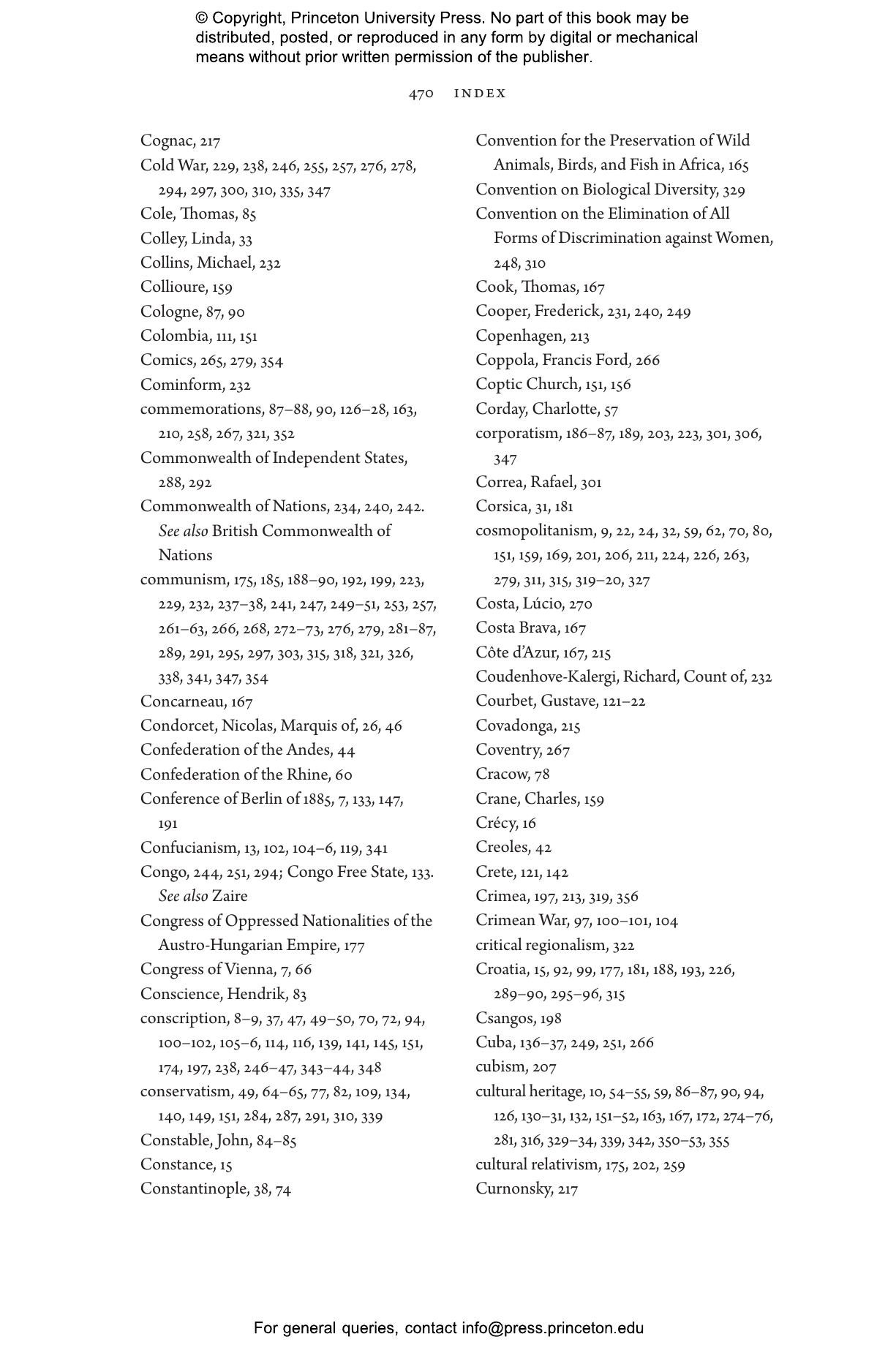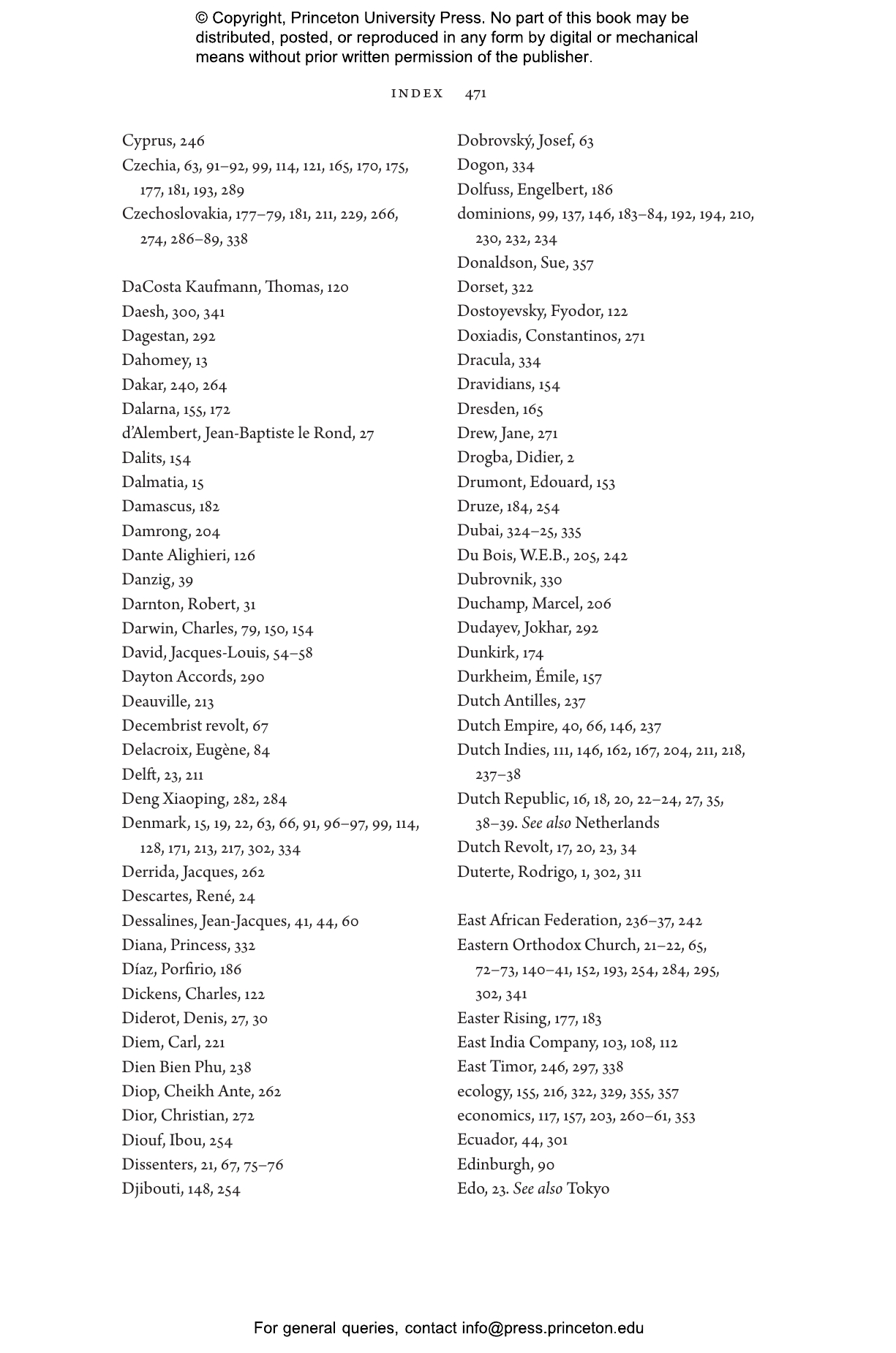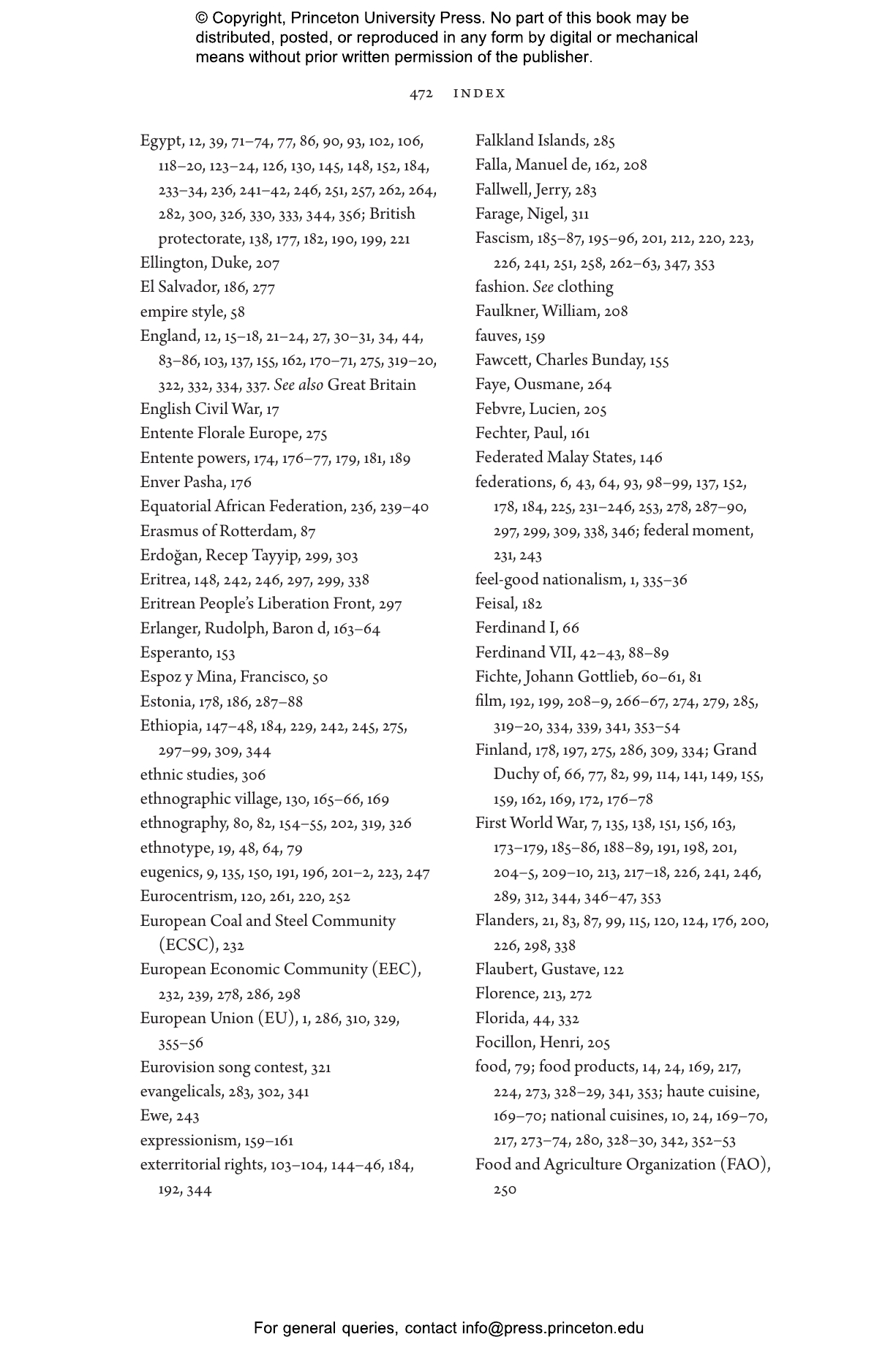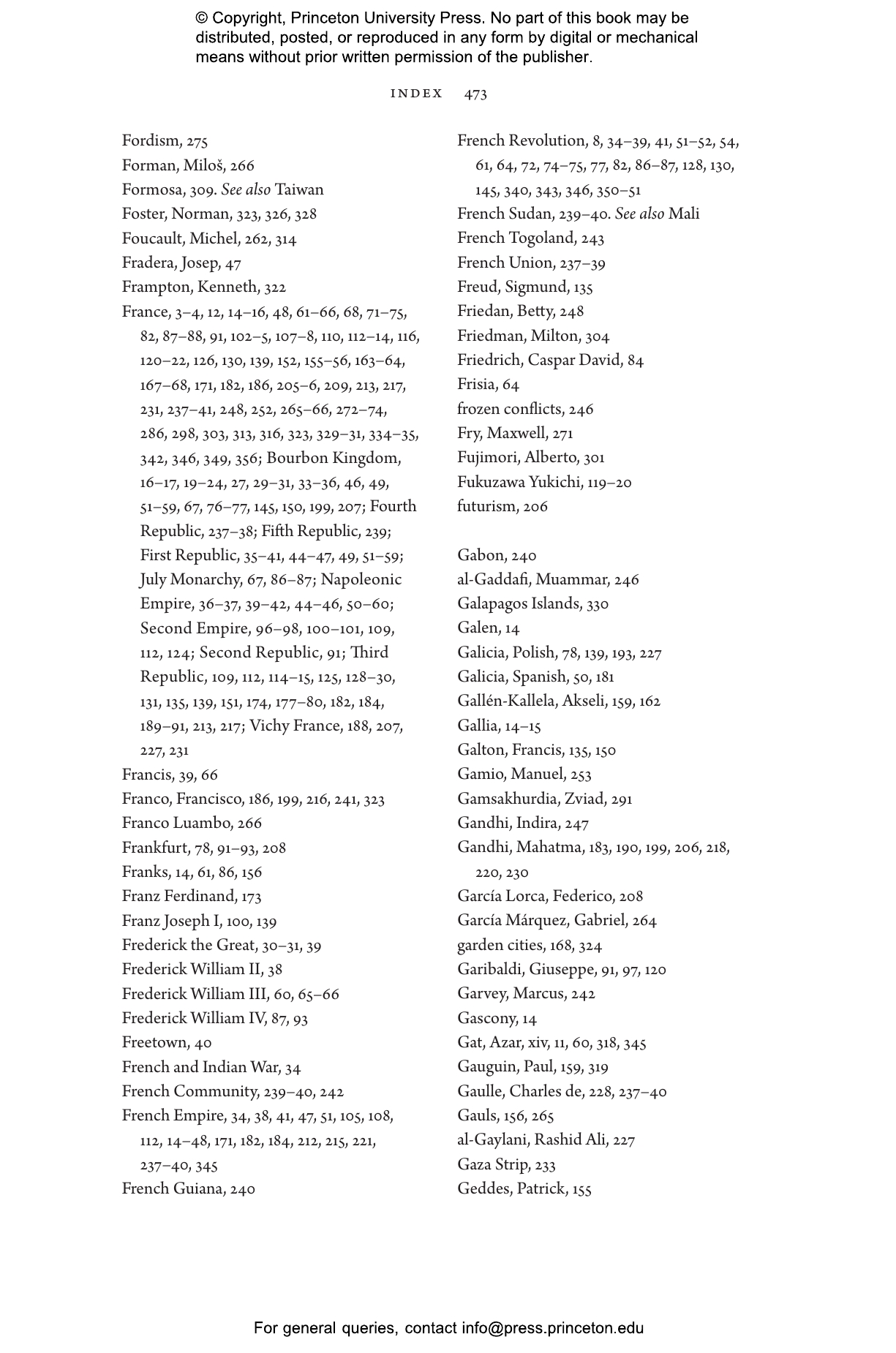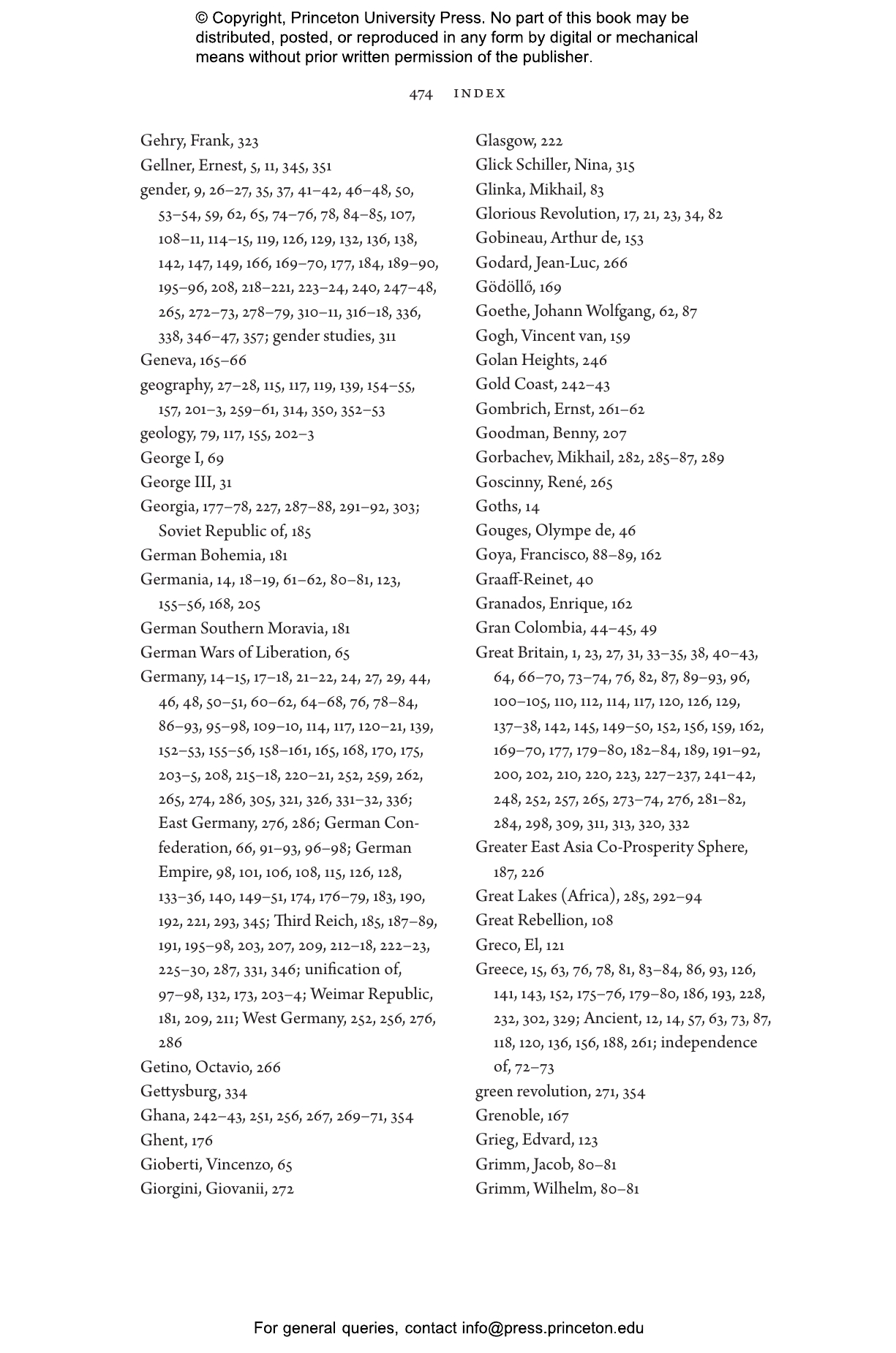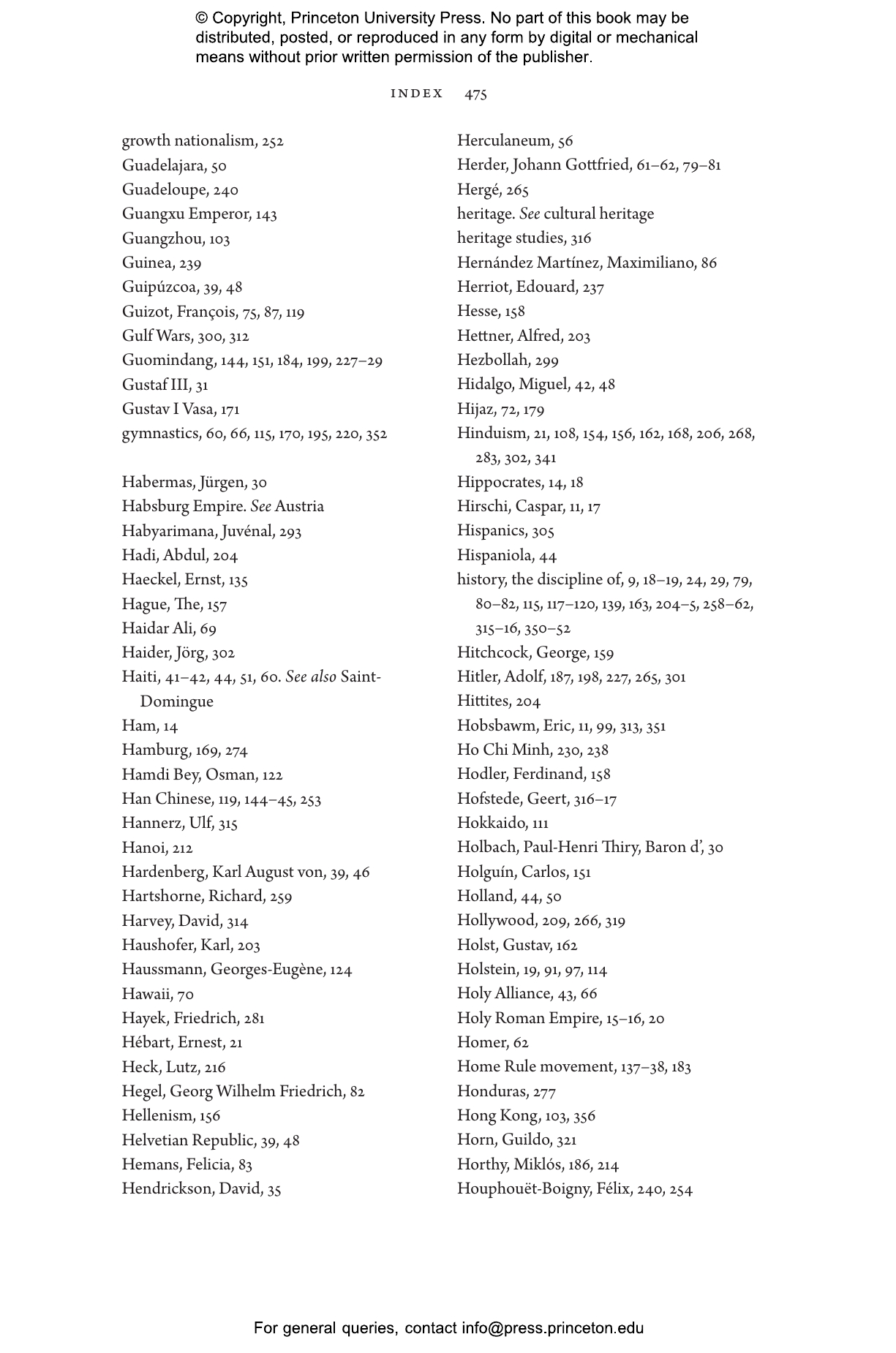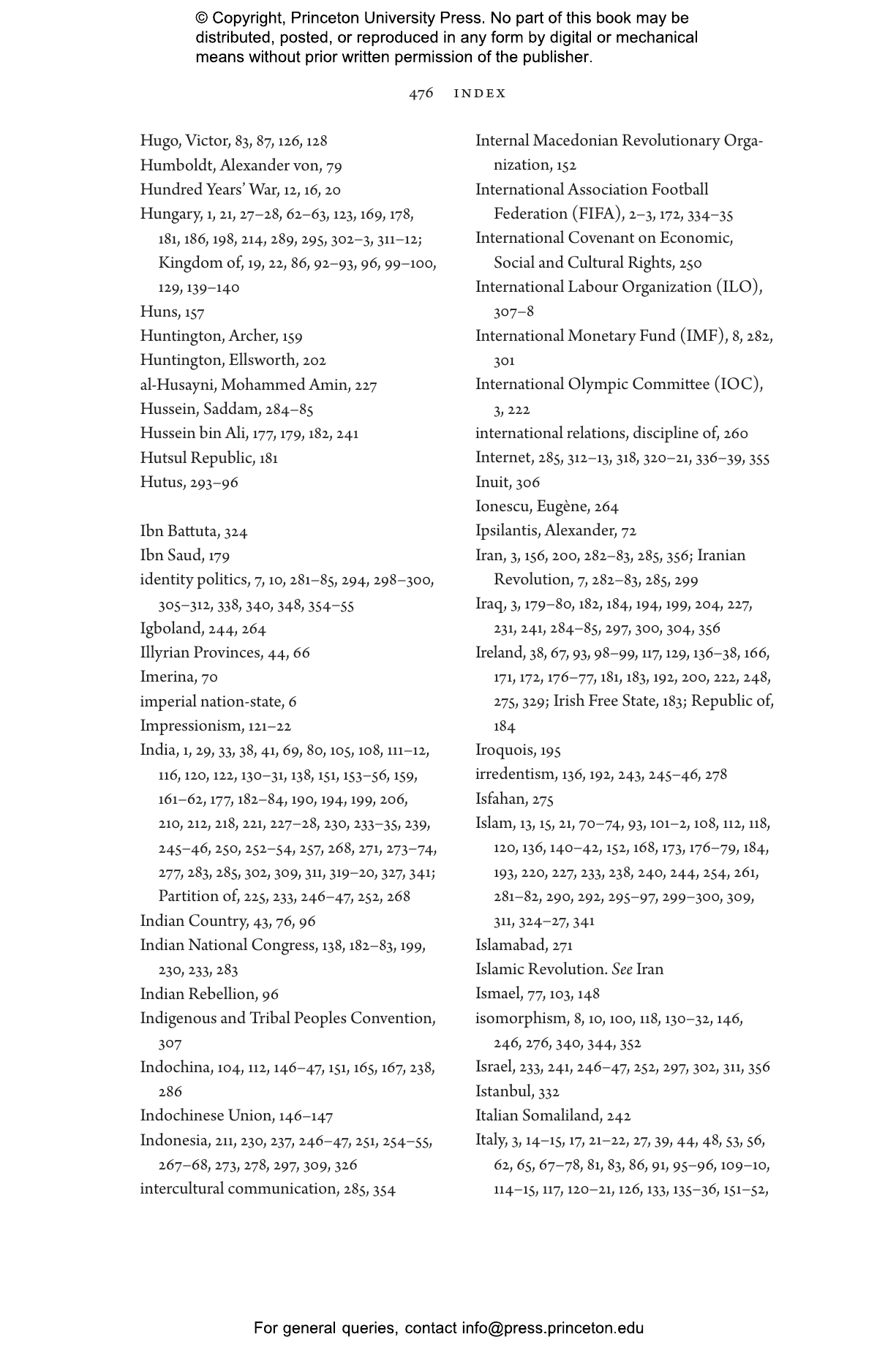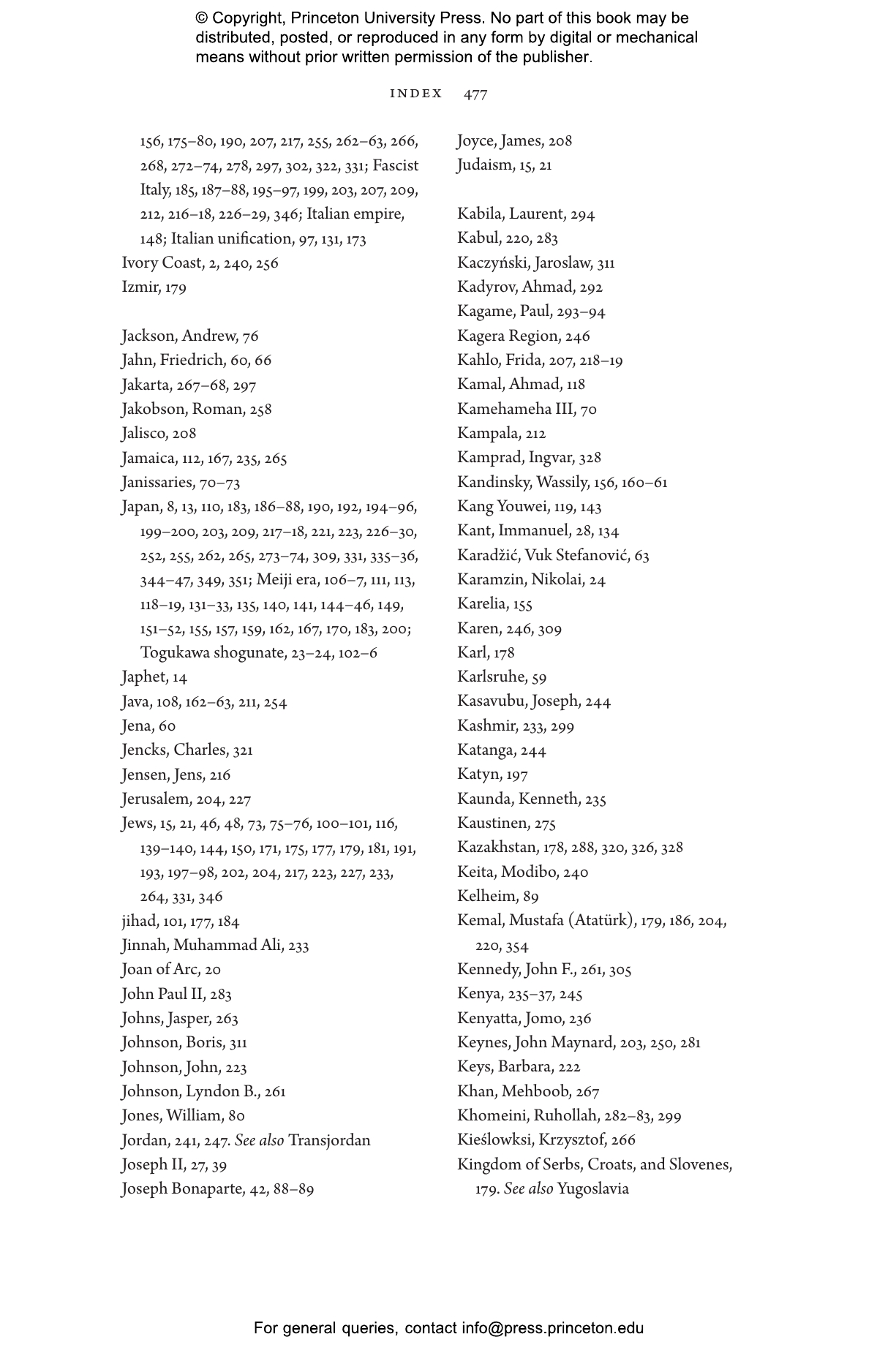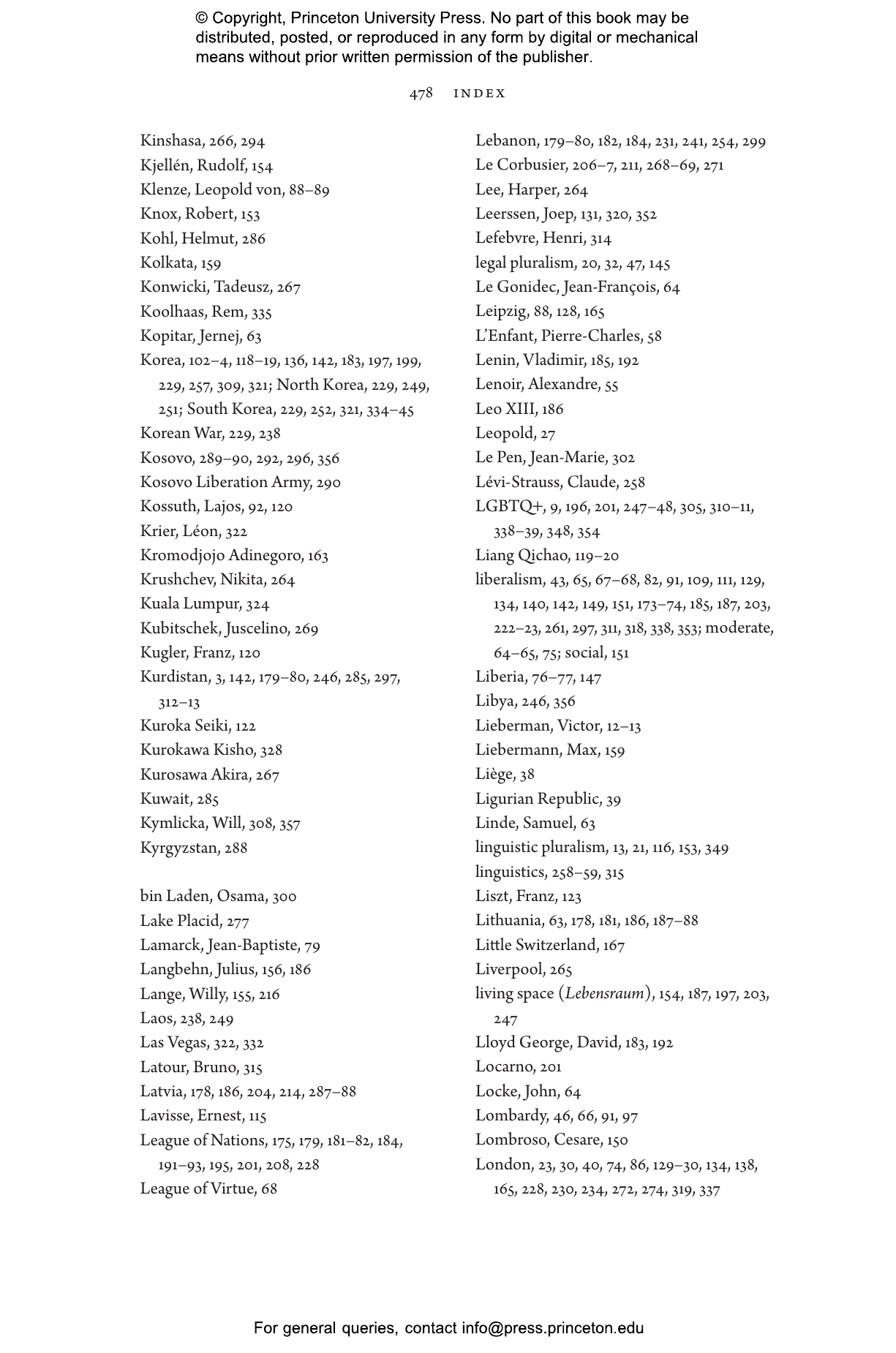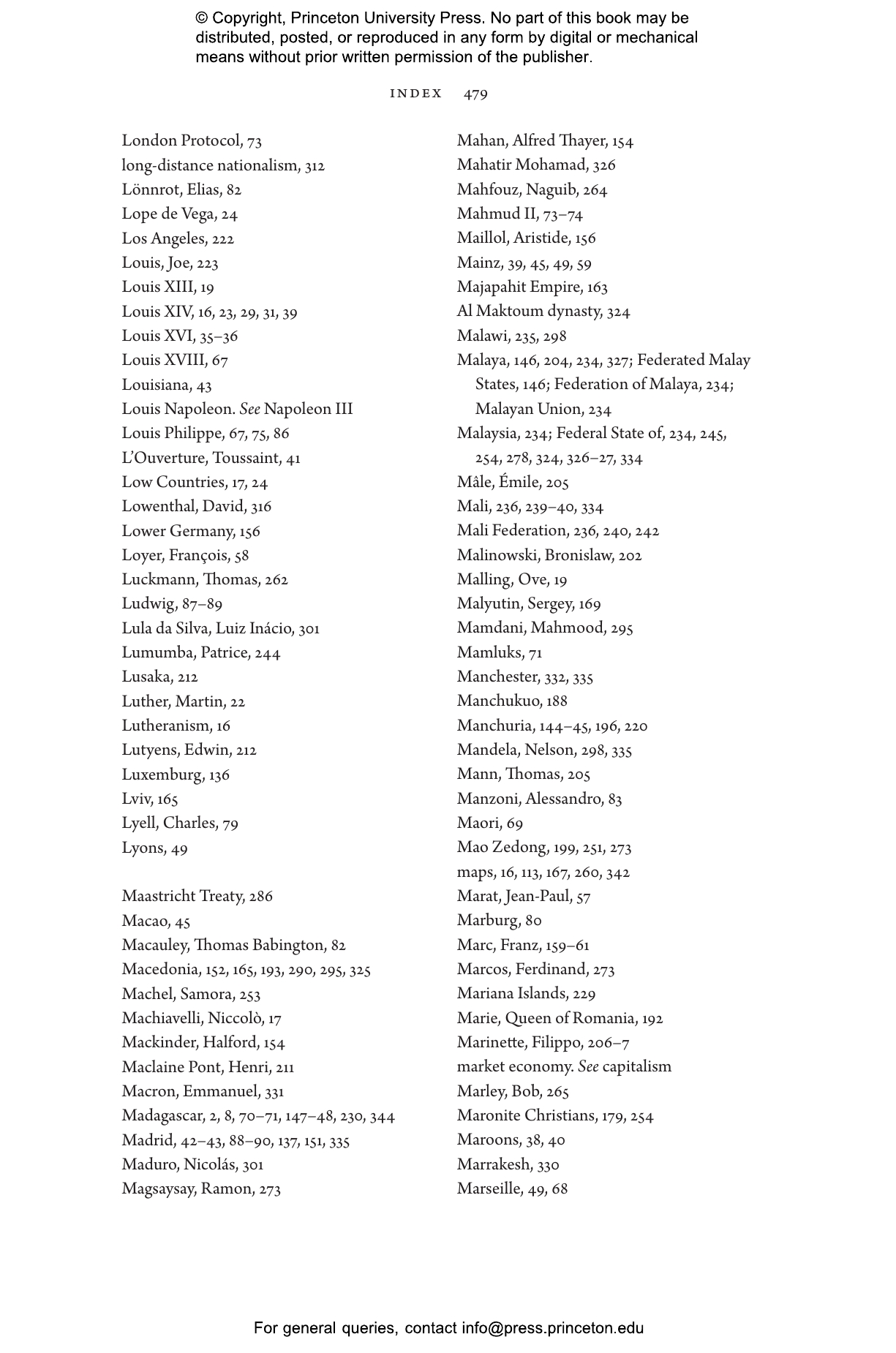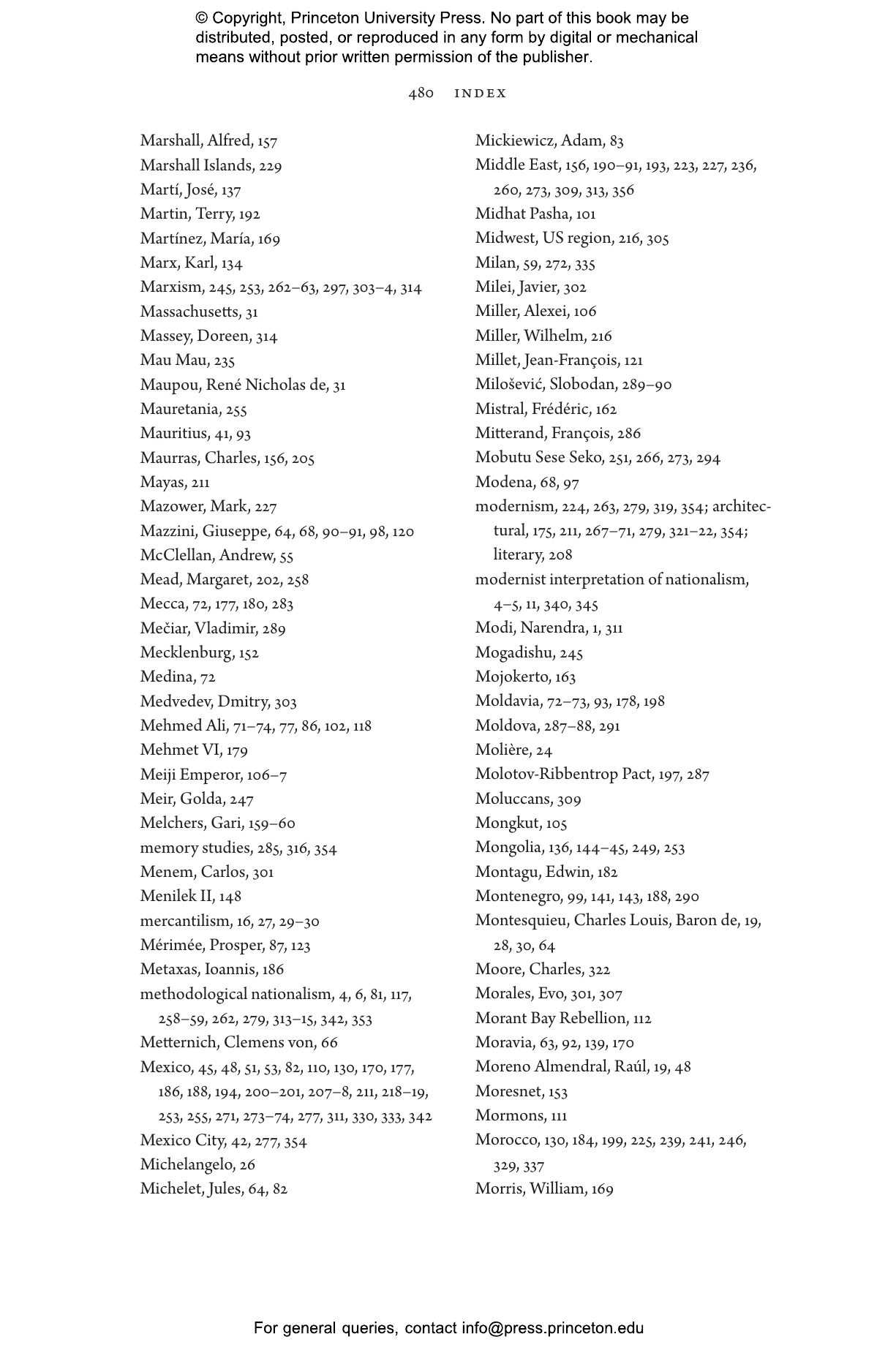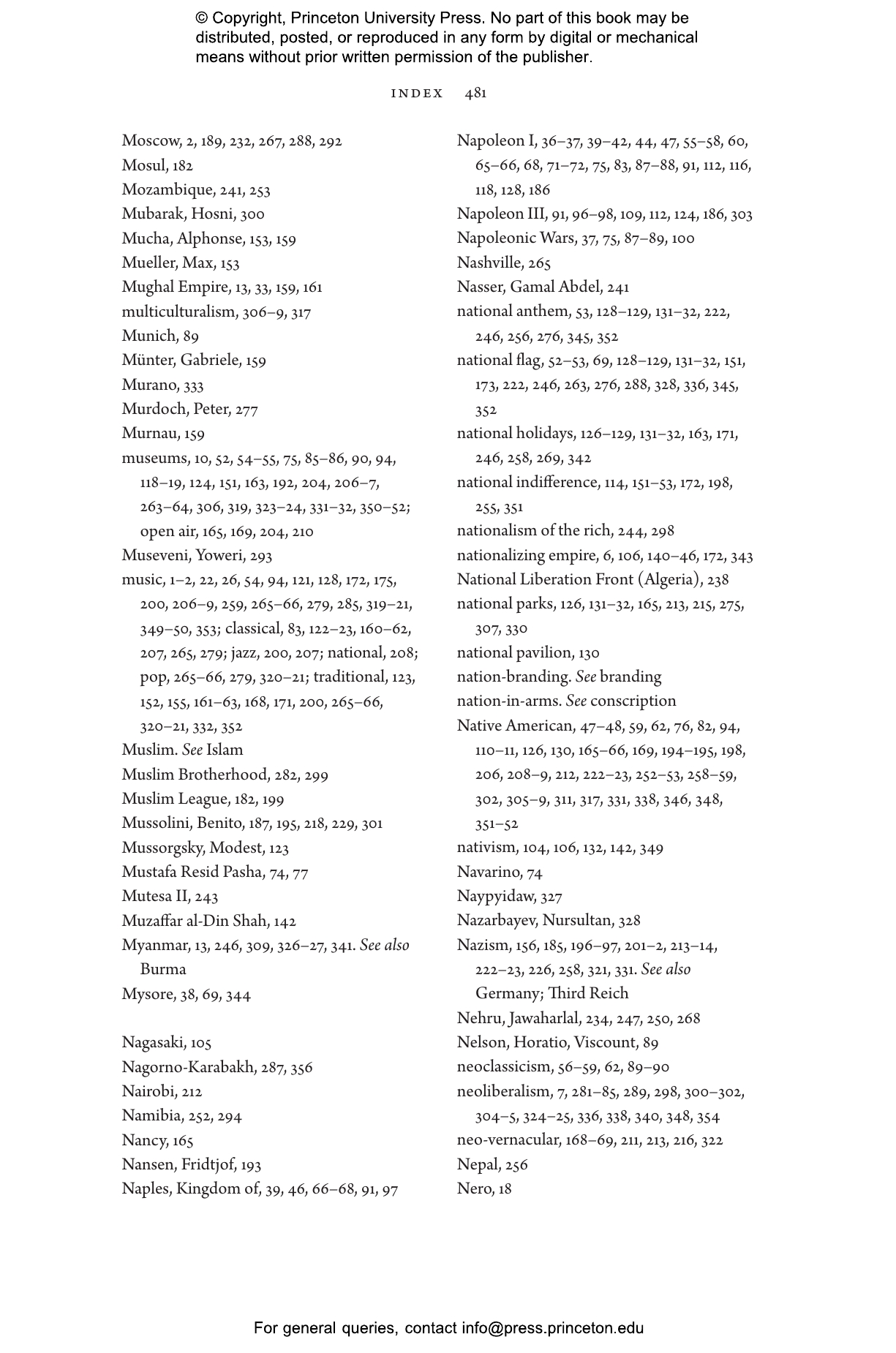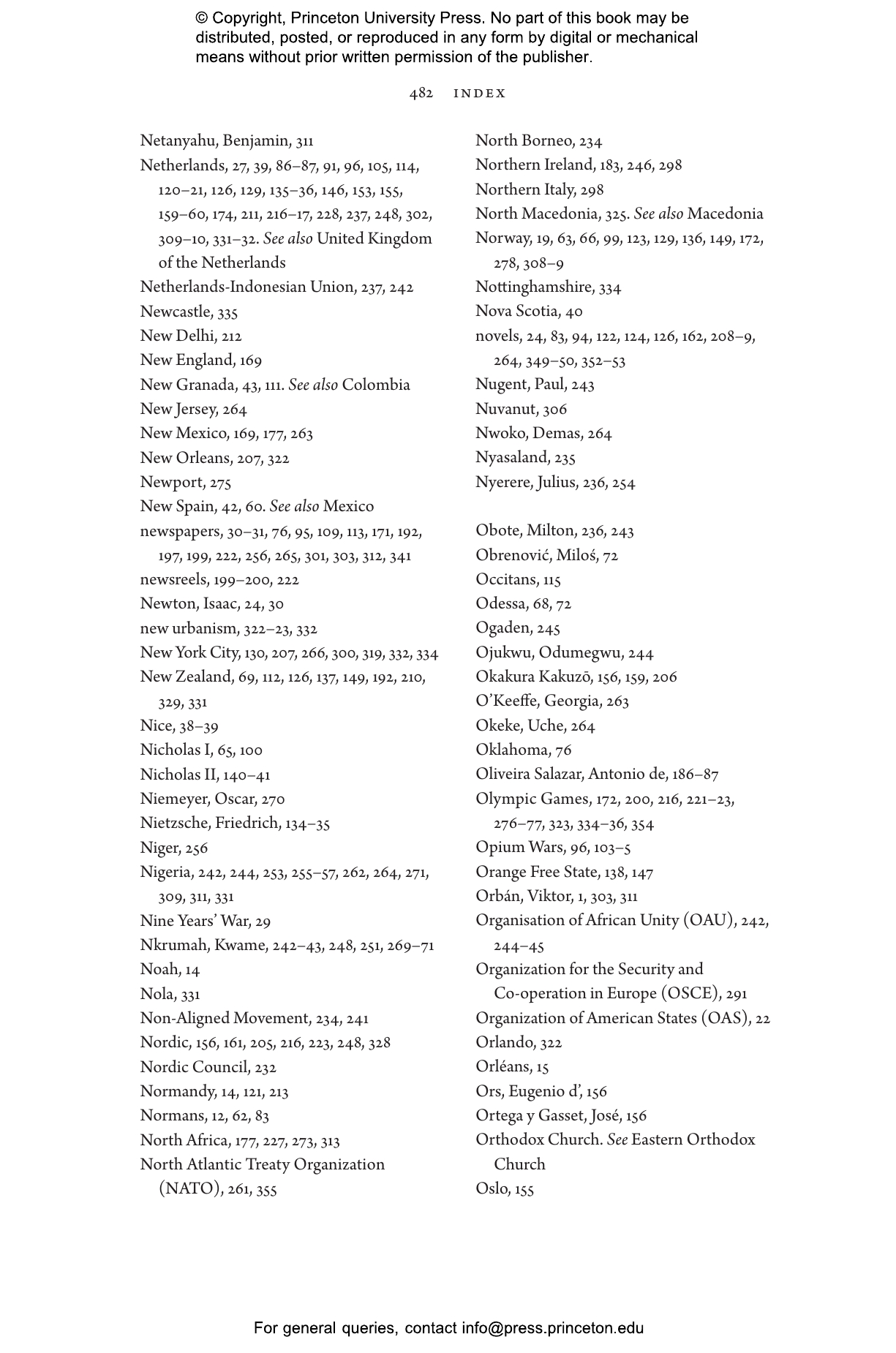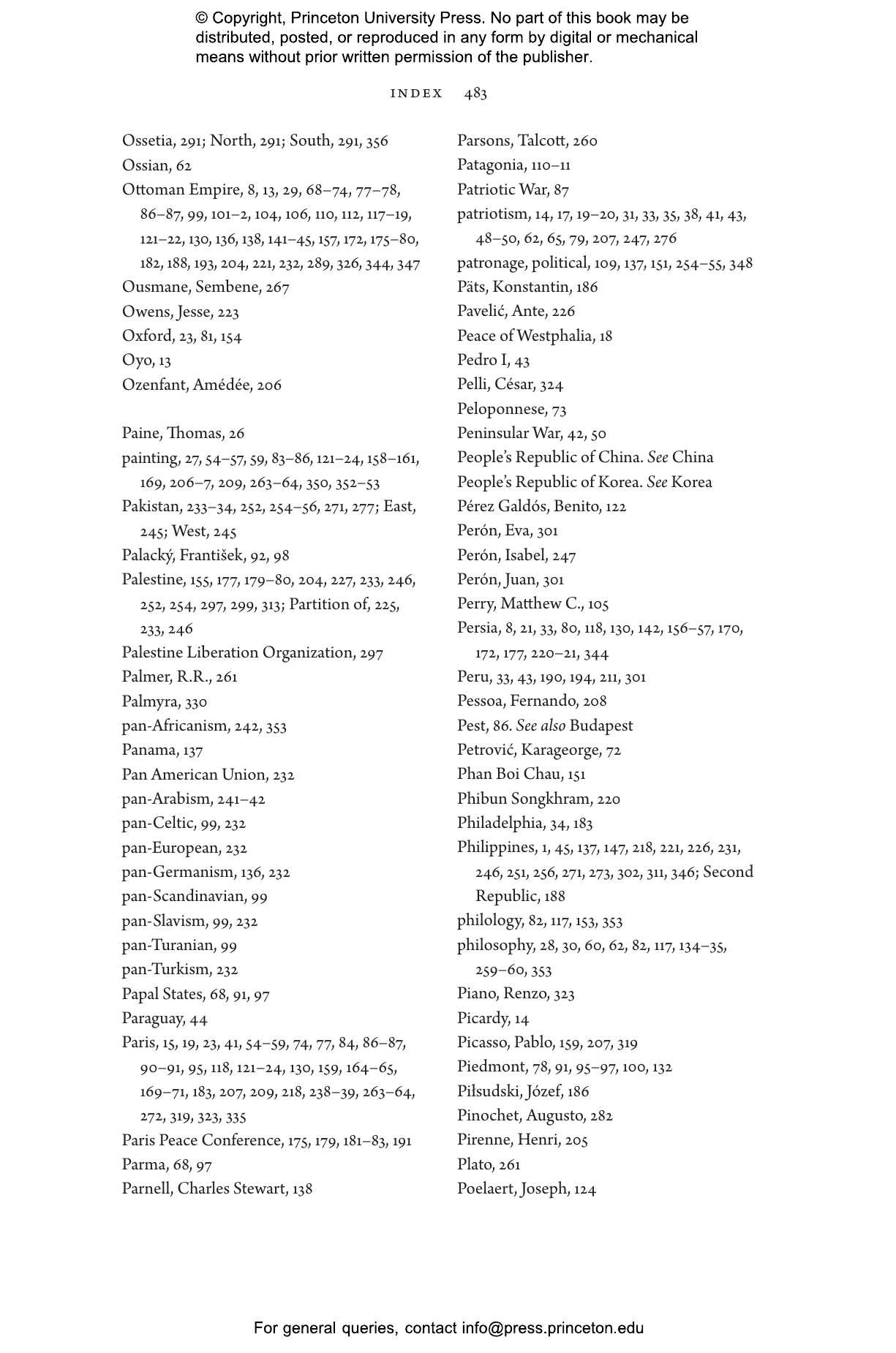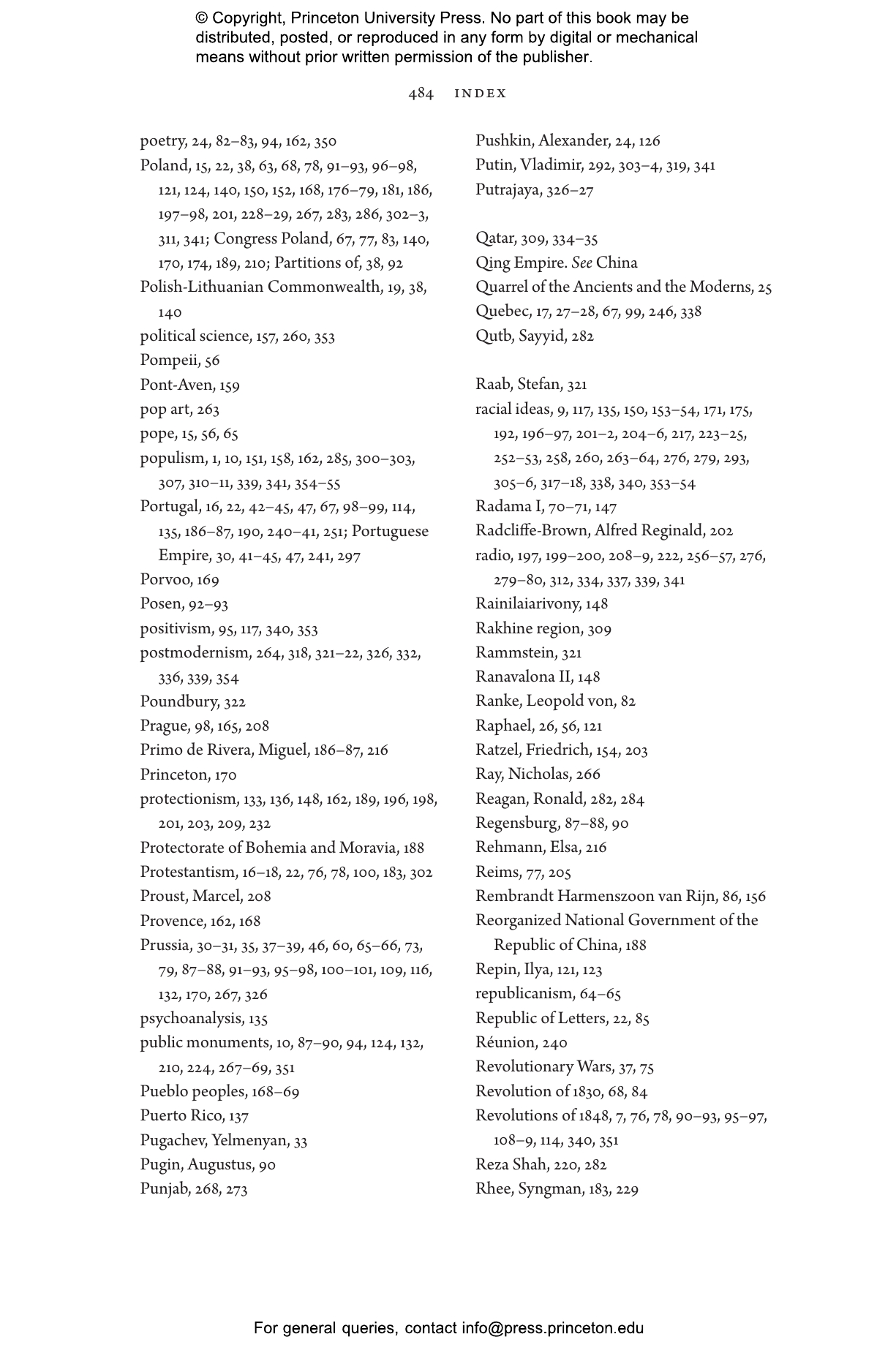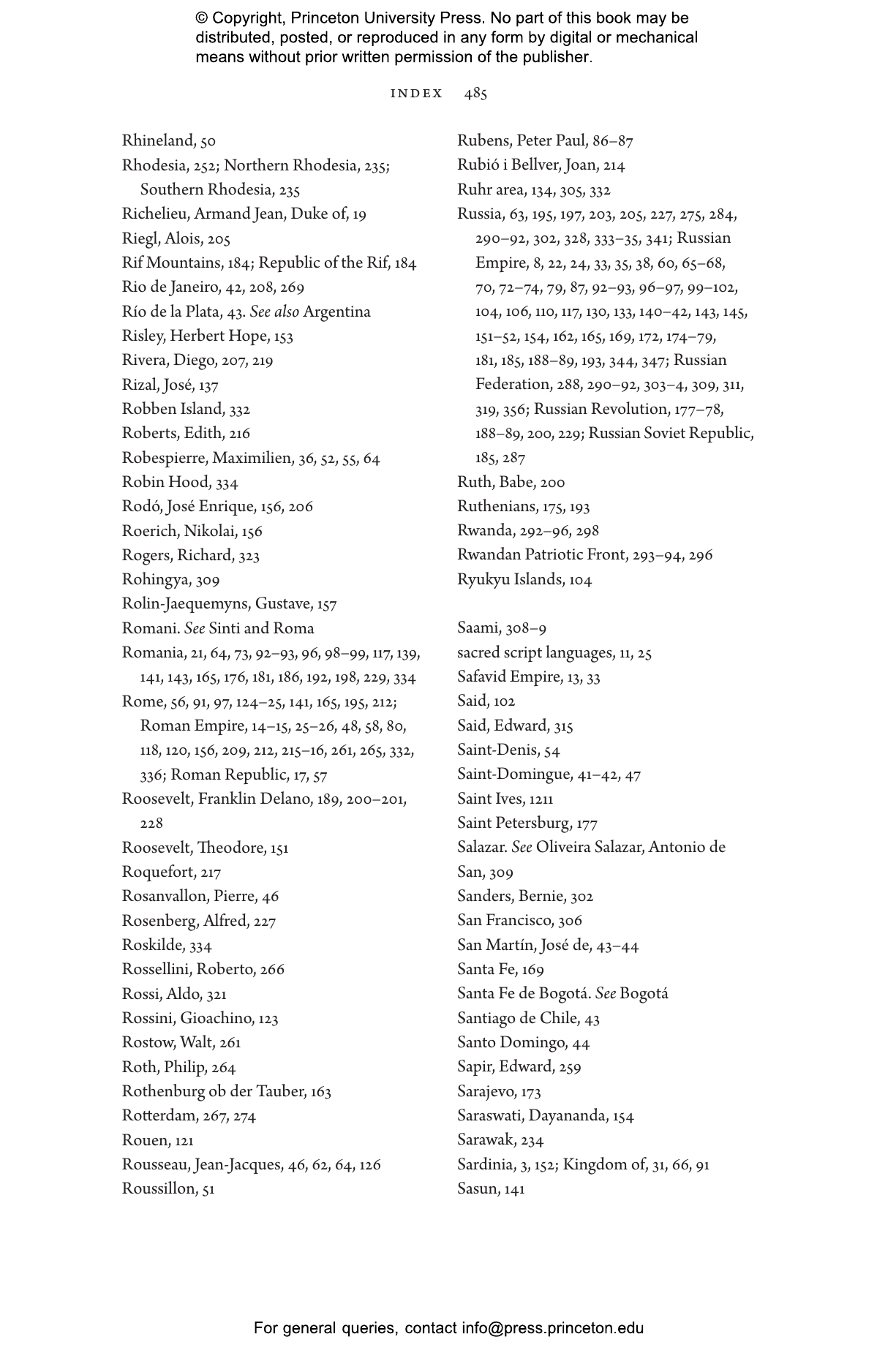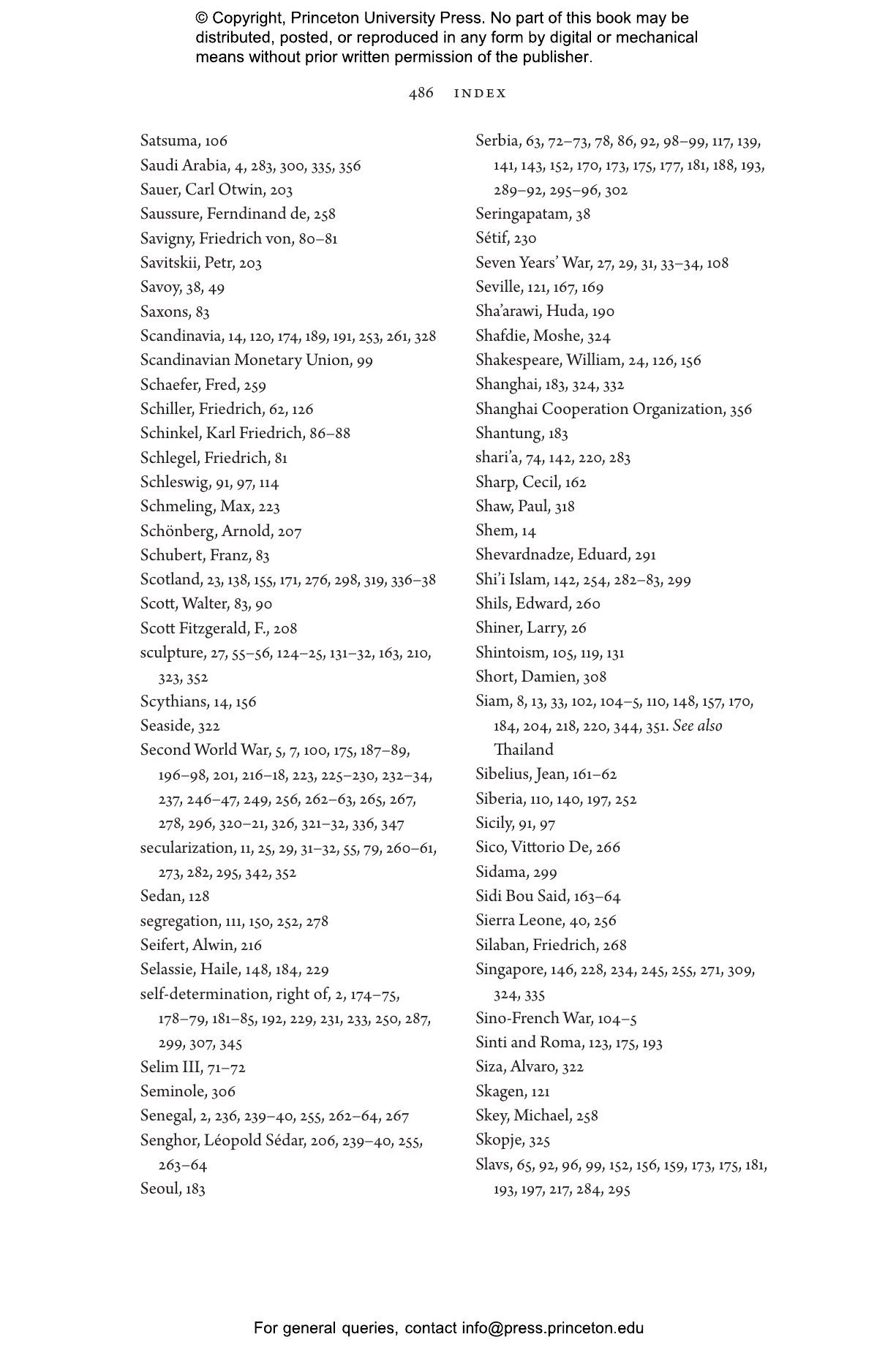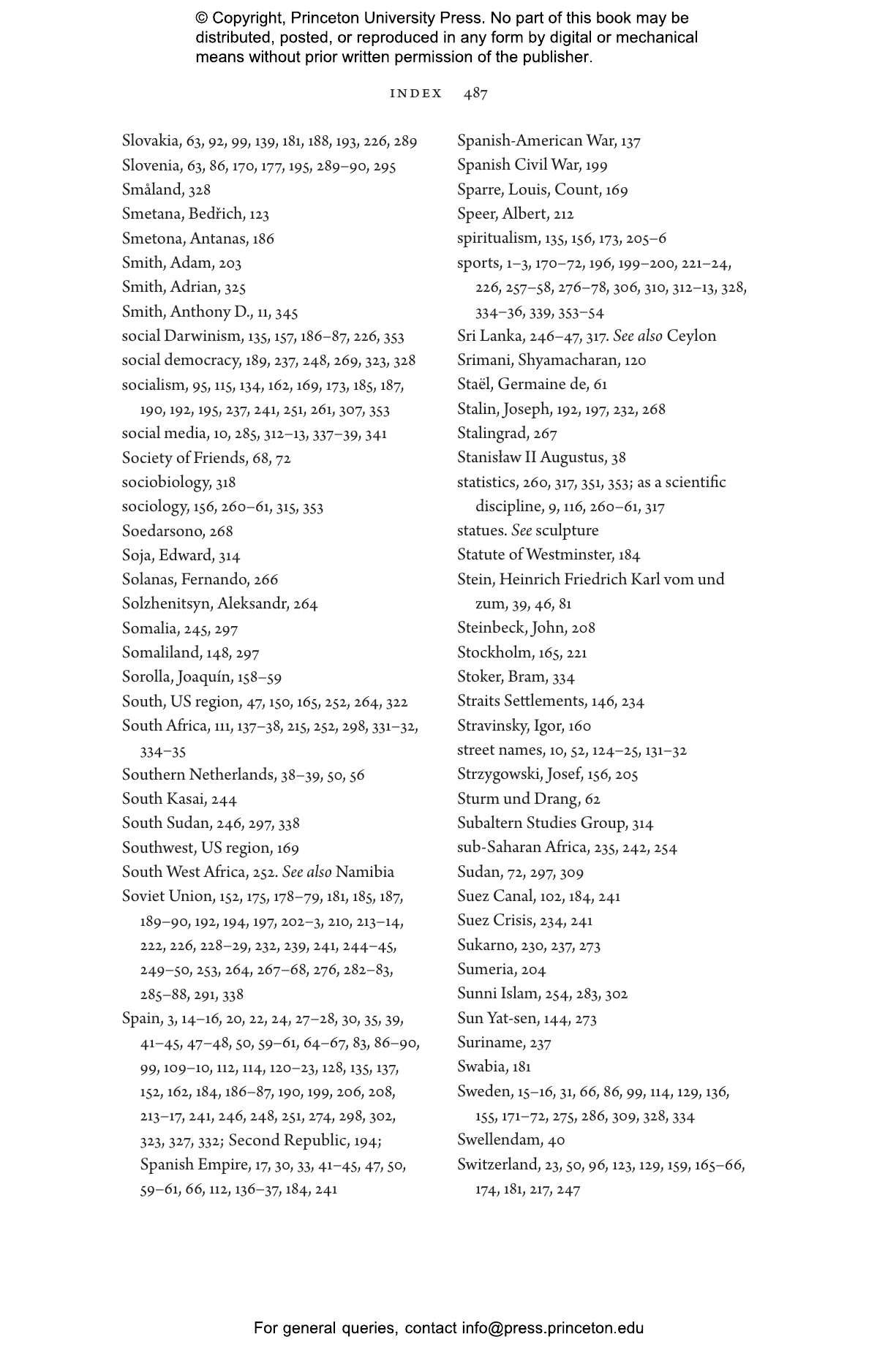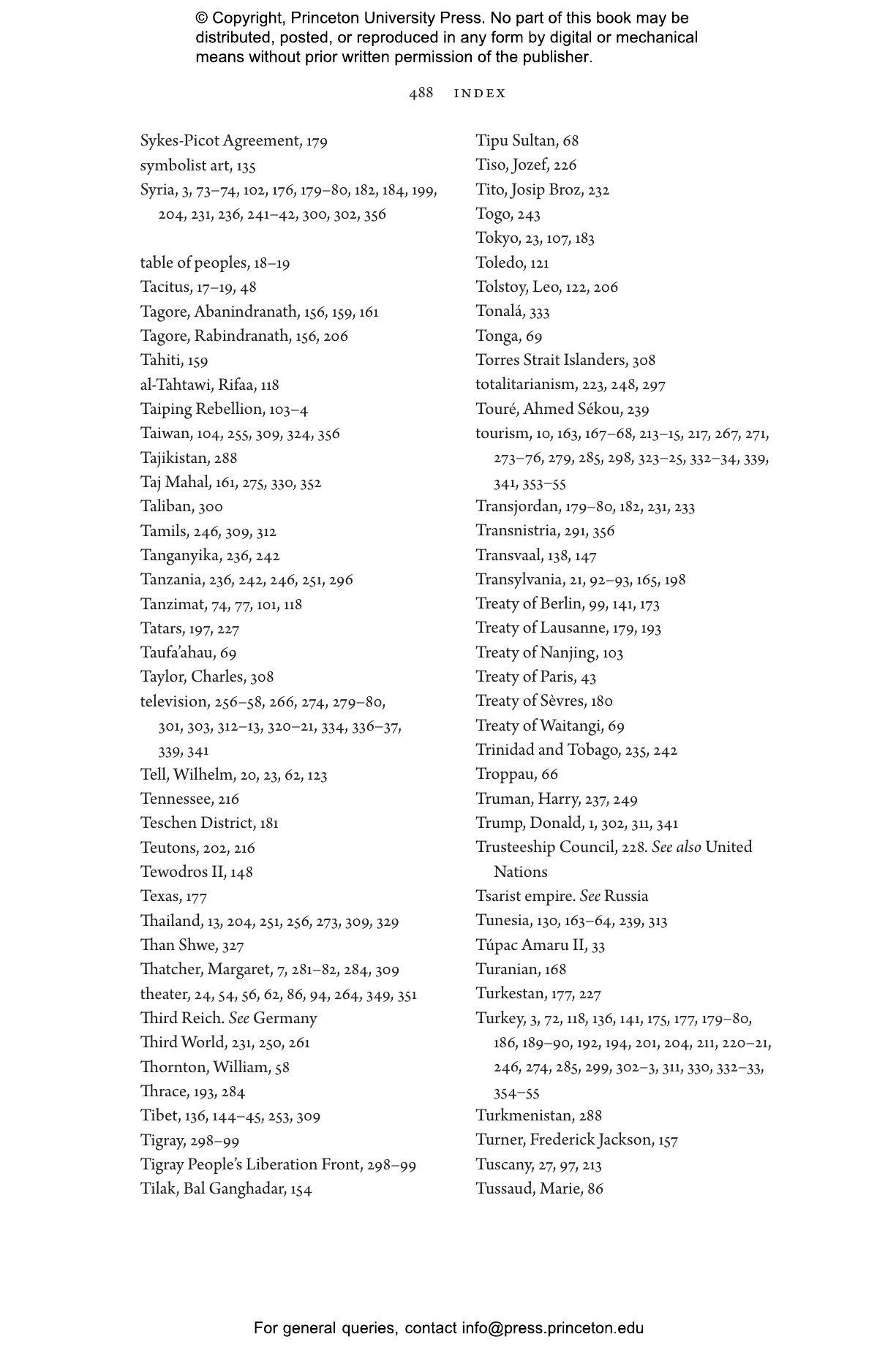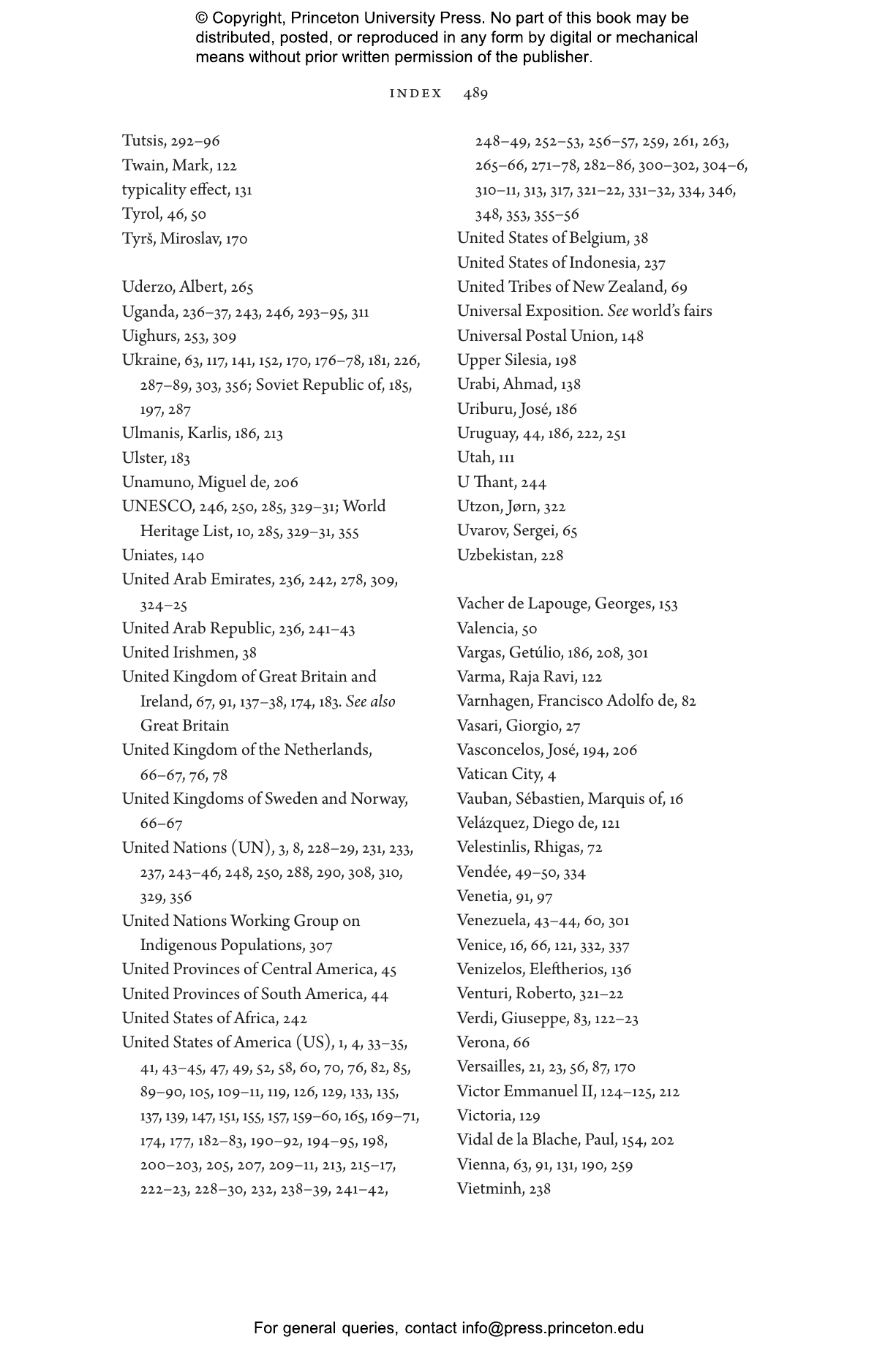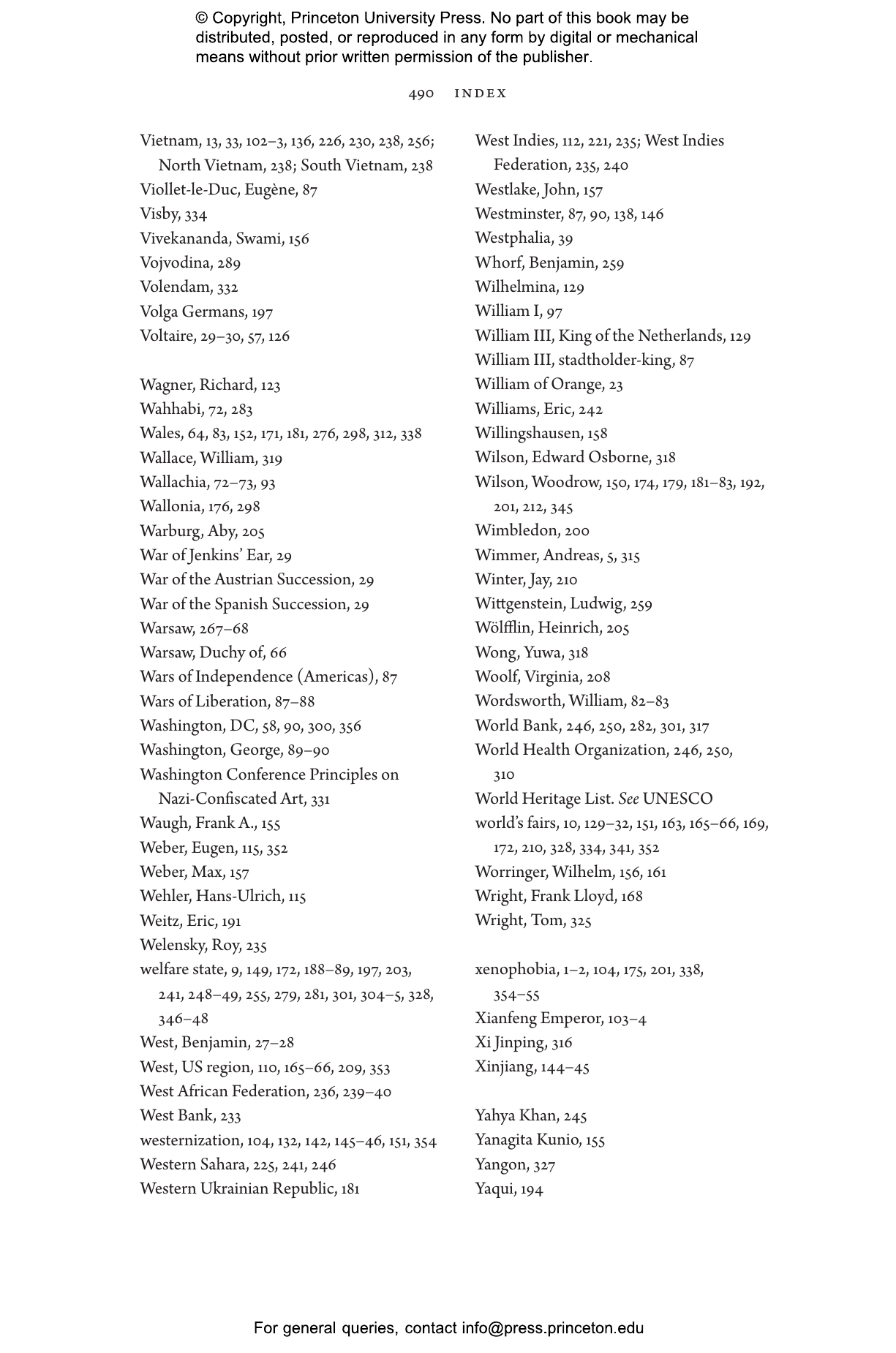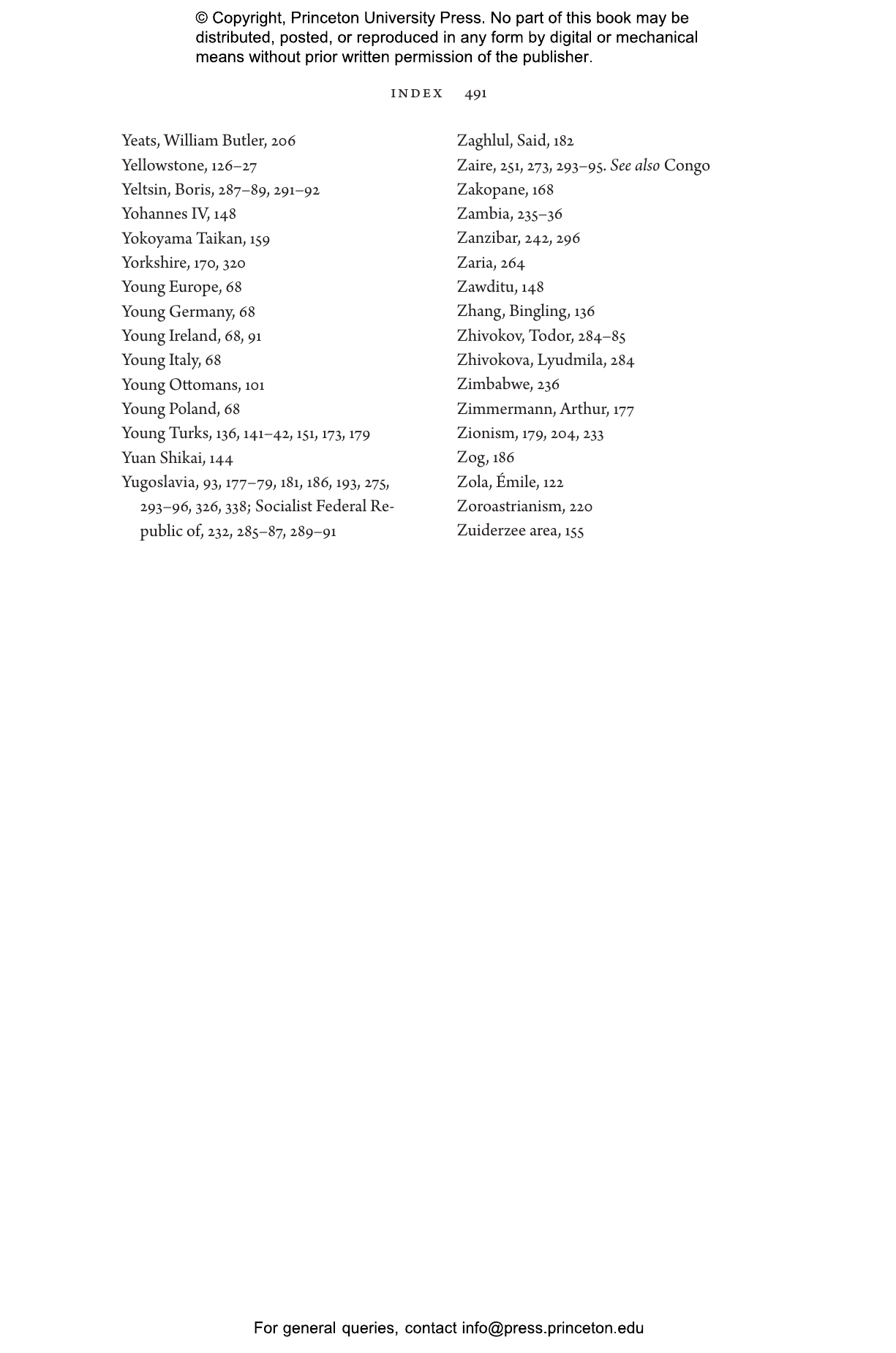The current rise of nationalism across the globe is a reminder that we are not, after all, living in a borderless world of virtual connectivity. In Nationalism, historian Eric Storm sheds light on contemporary nationalist movements by exploring the global evolution of nationalism, beginning with the rise of the nation-state in the eighteenth century through the revival of nationalist ideas in the present day. Storm traces the emergence of the unitary nation-state—which brought citizenship rights to some while excluding a multitude of “others”—and the pervasive spread of nationalist ideas through politics and culture.
Storm shows how nationalism influences the arts and humanities, mapping its dissemination through newspapers, television, and social media. Sports and tourism, too, have helped fashion a world of discrete nations, each with its own character, heroes, and highlights. Nationalism saturates the physical environment, not only in the form of national museums and patriotic statues but also in efforts to preserve cultural heritage, create national parks, invent ethnic dishes and beverages, promote traditional building practices, and cultivate native plants. Nationalism has even been used for selling cars, furniture, and fashion.
By tracing these tendencies across countries, Storm shows that nationalism’s watershed moments were global. He argues that the rise of new nation-states was largely determined by shifts in the international context, that the relationships between nation-states and their citizens largely developed according to global patterns, and that worldwide intellectual trends influenced the nationalization of both culture and environment. Over the centuries, nationalism has transformed both geopolitics and the everyday life of ordinary people.
Eric Storm is associate professor of general history at Leiden University. He has been a visiting scholar at the University Complutense of Madrid, Oxford University, and the Free University in Berlin. He is the author of The Culture of Regionalism and The Discovery of El Greco and the coeditor of Writing the History of Nationalism, Colonial Soldiers in Europe, Regionalism in Modern Europe, and World Fairs and the Global Moulding of National Identities.
"Over 350-some brisk pages, Storm sets out to trace how nationalism developed in politics, culture and the arts from the age of the Enlightenment to the revolutions of 1848, then through 19th-century imperialism and industrialization, the two world wars, the decolonization wave of the late 20th century, and the rise of globalization. It’s grand-scale history along the lines of the “Age Of …” series (“The Age of Revolution” and so on) by Eric Hobsbawm. . . . Storm’s book tells the long and dramatic story of how nations conquered the world and became the dominant form of political organization of our era. It also makes clear that this era is far from over."—Joshua Keating, Washington Post
"Comprehensive. . . . A detailed examination of the origin, use, and future of nationalist ideologies."—Kirkus Reviews
“A historical tour de force, this highly readable book disentangles the manifold ways in which nationalist ideas and movements have shaped modern politics around the world.”—Andreas Wimmer, author of Nation Building: Why Some Countries Come Together While Others Fall Apart
“Building on the most exciting recent scholarship, Nationalism: A World History very effectively captures the patterns and dynamics that allow us to understand nationalism as the inherently global phenomenon that it was.”—Sebastian Conrad, author of What is Global History?
“Nationalism has become such a pervasive and institutionally embedded belief system that its existence is fully normalized and rarely questioned today. In this wonderful and comprehensive global history, Eric Storm shows how and why nationalist ideology acquired such a central role in the modern world. The book offers an original panoramic view that charts the global transformation of nationalism over the course of human history.”—Siniša Malešević, author of Why Humans Fight: The Social Dynamics of Close-Range Violence
“Based on wide, up-to-date knowledge of the secondary literature, Eric Storm’s Nationalism narrates the modern formation of a world of nation-states, as well as providing incisive political analyses, and highly original arguments about how nationalism impacts citizenship, culture, and environment. In all these respects, this book stands alone among general treatments of nationalism.”—John Breuilly, London School of Economics


